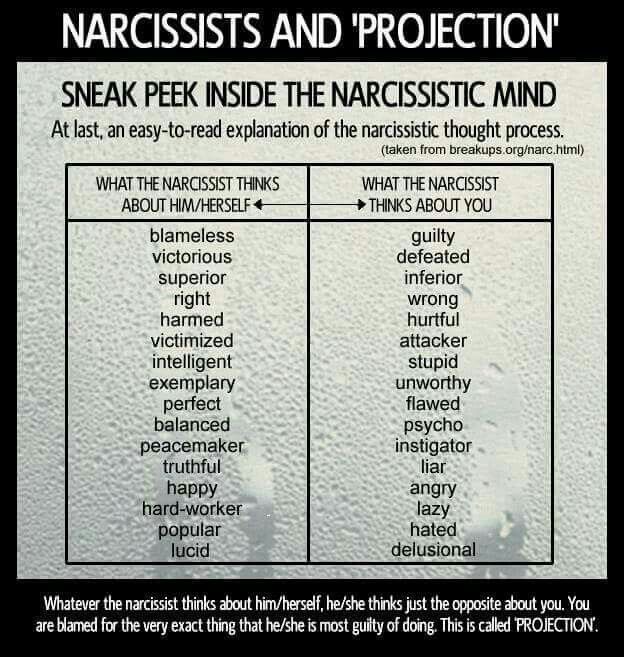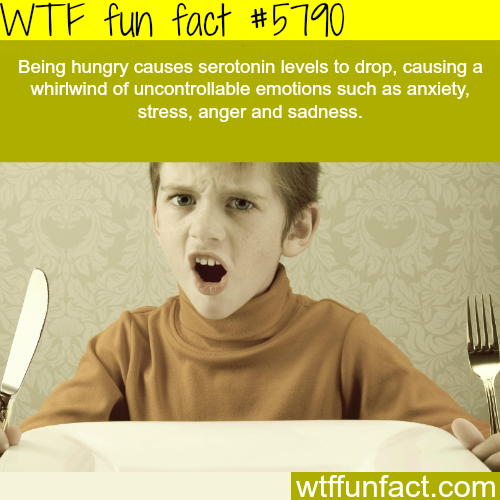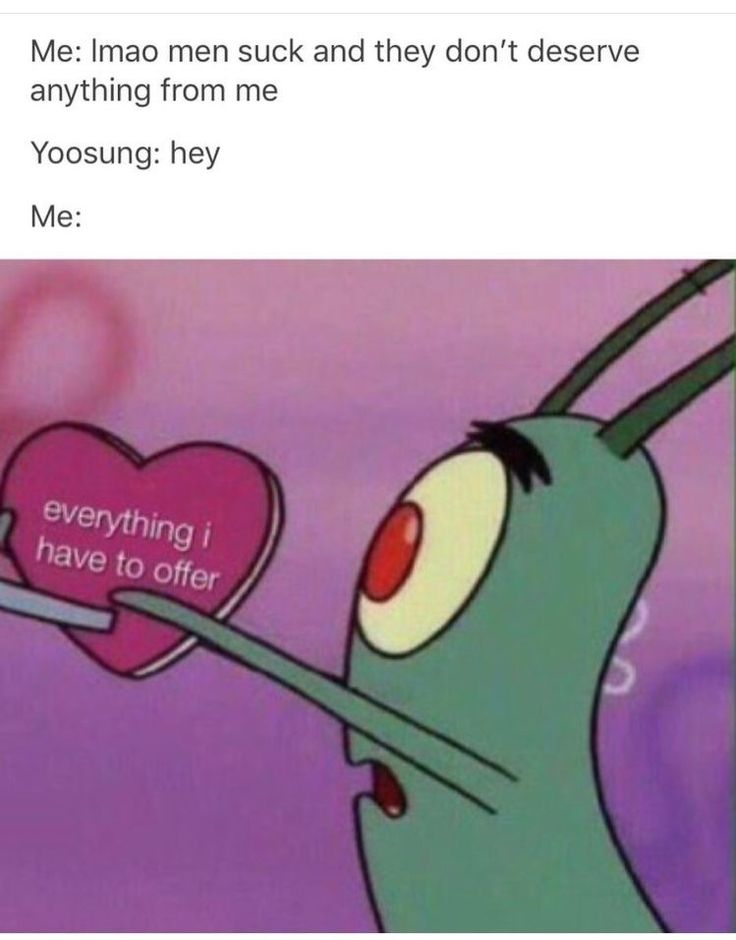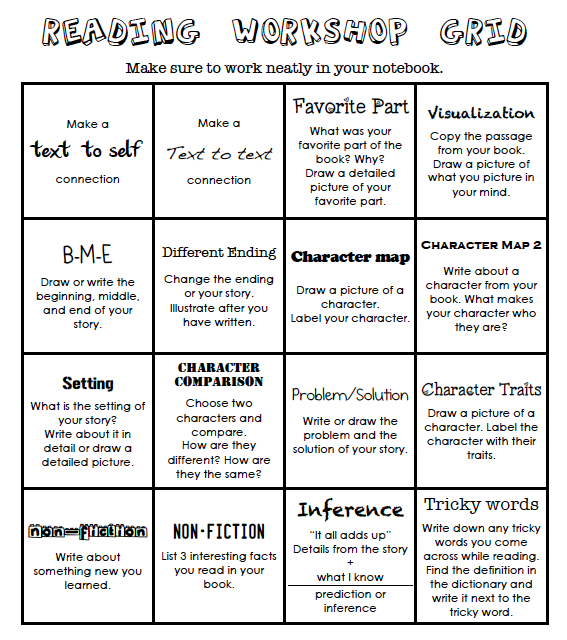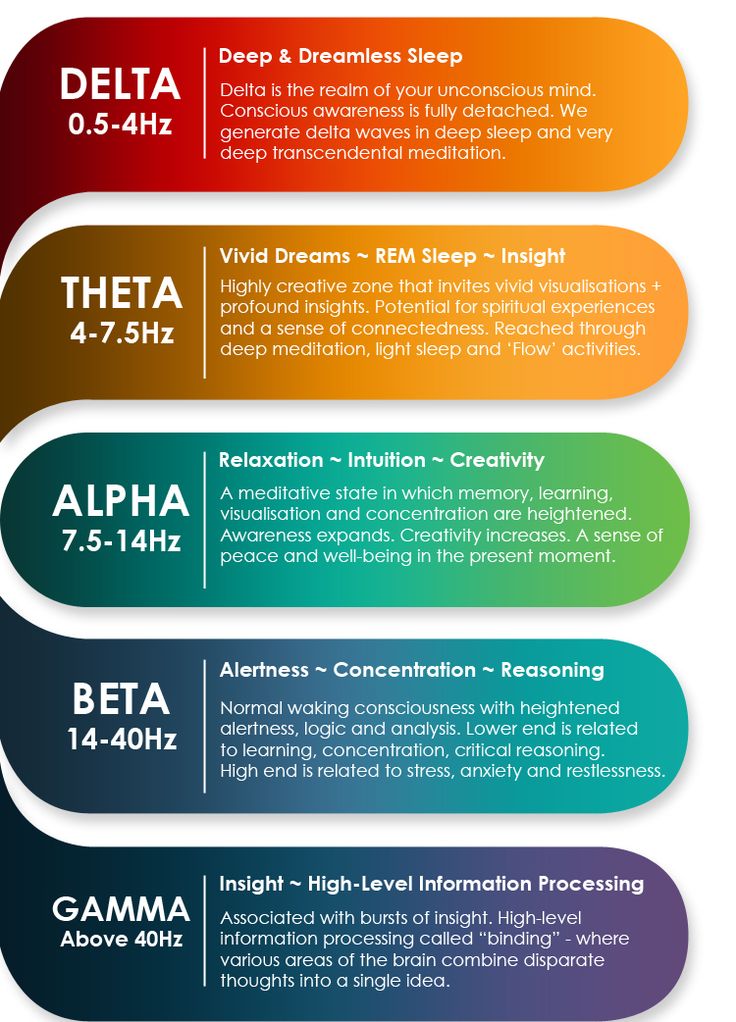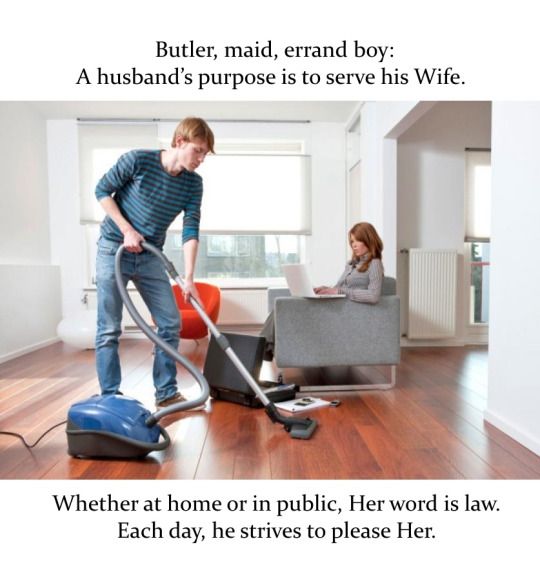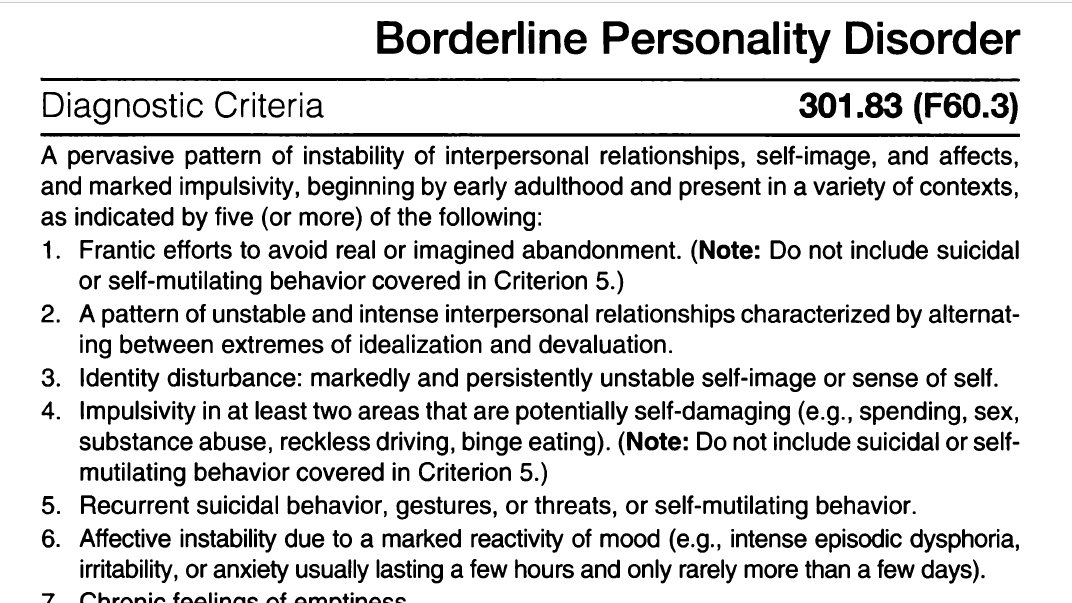Narcissistic abuse counselor
Narcissistic Abuse – Healing and Recovery
Are you in a relationship with a person who thinks they are far superior to you and to everyone around them? Or maybe your parent ran your life, expecting nothing less than excellence from you and being envious of your achievements – so much so that they found a way to make your triumphs all about them. Perhaps you are married to someone who is “difficult” – they demand all your attention, have an inflated ego, and are frequently critical of you because things are always “your fault.” If you have a difficult, selfish, and unemotionally available loved one and feel like you have less self-confidence, have less independence, or have given up your family, friends, hobbies, or a career for this person, you may be dealing with narcissistic abuse.
Signs of a Narcissist
Everyone has some narcissistic qualities – they can help make you a stronger person, give you a healthy dose of confidence, and allow you to set boundaries for how others treat you. Some people, however, take these traits to an extreme. If you are in a relationship with a narcissist, they will expect constant admiration from you, they’ll seek to control you, they will separate you from your support system, and they’ll tolerate nothing less than lowering your self-esteem in order to boost theirs. This controlling person may have narcissistic personality disorder (NPD). A mental health professional is the only one who can make a diagnosis of narcissistic personality disorder, however there are signs of a narcissist that you can look for, which will give you a good idea of whether your loved one has NPD. They include:
- Putting you down or criticizing you to make themselves feel good or superior
- Isolating you from others, such as your friends and family
- Getting angry if you disagree with them
- An exaggerated sense of self-importance. These people inflate their accomplishments, making a simple success into a monumental achievement when they tell people about it
- Believing they are superior to everyone else, despite the fact they have no special talent or haven’t accomplished anything noteworthy
- Lacking empathy for others, intolerance of other people’s needs and feelings
- Expecting admiration and accolades that are out of proportion to their accomplishment (example: they got a standard cost of living raise, but expect you to treat them as if they got a huge promotion)
- Thinking they are too special to associate with people they feel are “beneath” them
- Arrogance
- Being envious of others or believing that other people are jealous of them
- Manipulating others to get what they want.
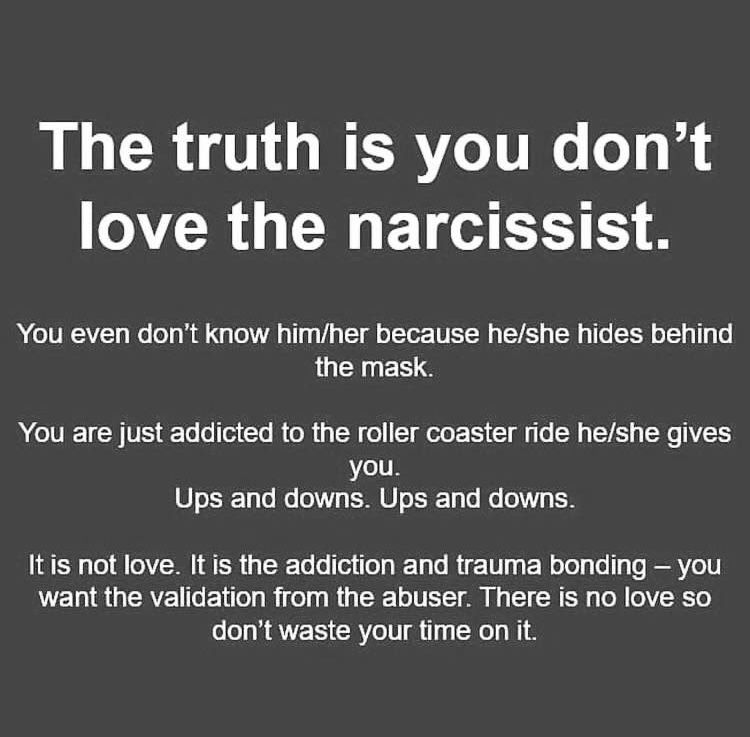 They have unreasonable expectations that they should be given special treatment or that others should go to great lengths to fulfill their needs and wishes
They have unreasonable expectations that they should be given special treatment or that others should go to great lengths to fulfill their needs and wishes - Taking advantage of others and exploiting people for their own gain
- Telling you everything is your fault (example: they say things like, “if you would only be smarter/prettier/stop pushing my buttons/do things the “right” way/dress better, etc., I wouldn’t act this way.”)
- Are only willing to work on the relationship when you are walking out the door. Once you give in and stay, they revert to their old behavior
- Preoccupation with finding the “ideal” love, or with beauty, power, or success
Narcissistic parents make their children feel emotionally abandoned, keep their children from learning to trust, and cause them to worry about making any type of mistake, no matter how trivial. In a relationship, the narcissist will break down their partner’s self-esteem over time, will frequently withhold their love until the partner does what they want them to, and often bullies the partner into giving things up so they get their way and there is less conflict. Narcissistic abuse can happen in a variety of forms. One person might give you the silent treatment, while another might subject their partner to emotional blackmail, or to physical, mental, emotional, or sexual abuse. Generally narcissistic abuse consists of unloving actions such as manipulation, criticizing, belittling, withholding love or emotional support, jealousy, ordering you around, or lying to you. It is the gradual dismantling of your self-esteem by the abuser. In truth, the narcissist does not like themselves, so they abuse you in order to feel better. The person with NPD lacks empathy and compassion for others. Narcissistic abuse is a form of emotional and, sometimes, physical abuse. As with anything, individuals who have NPD display traits that can range from mild to extreme and genuinely malicious. People with NPD don’t realize or don’t care how hurtful their behavior is because they are hyper-focused on trying to get their own needs met – they are only concerned with themselves.
Narcissistic abuse can happen in a variety of forms. One person might give you the silent treatment, while another might subject their partner to emotional blackmail, or to physical, mental, emotional, or sexual abuse. Generally narcissistic abuse consists of unloving actions such as manipulation, criticizing, belittling, withholding love or emotional support, jealousy, ordering you around, or lying to you. It is the gradual dismantling of your self-esteem by the abuser. In truth, the narcissist does not like themselves, so they abuse you in order to feel better. The person with NPD lacks empathy and compassion for others. Narcissistic abuse is a form of emotional and, sometimes, physical abuse. As with anything, individuals who have NPD display traits that can range from mild to extreme and genuinely malicious. People with NPD don’t realize or don’t care how hurtful their behavior is because they are hyper-focused on trying to get their own needs met – they are only concerned with themselves.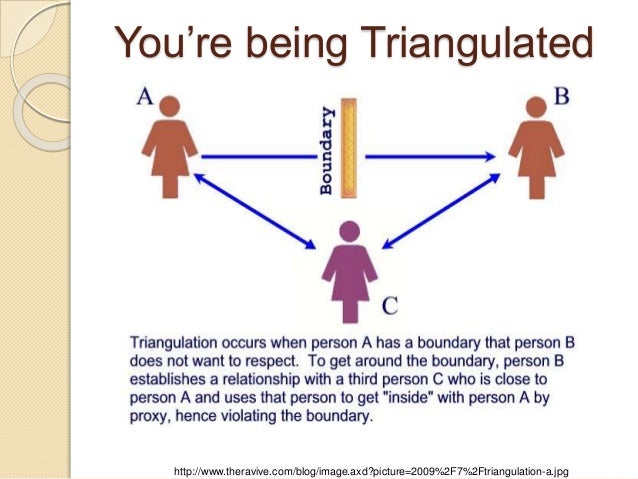
Healing from Narcissistic Abuse
Most narcissists won’t go into therapy – after all, they don’t think there is anything wrong with them. Therefore, narcissistic abuse recovery is most often for the benefit of the partner, child, or loved one who is being abused. If you’re in a relationship with a narcissist, it’s important to seek professional help and support to rebuild your confidence and restore your self-esteem. Keep in mind that you are better than you think you are – the NPD person’s constant badgering has broken down your self-confidence and made you feel unworthy, but you aren’t – you are a victim of abuse. Find a mental health professional who is specially trained in trauma recovery to aid in healing from narcissistic abuse. If you are unable to leave the relationship, a therapist can help you learn to communicate effectively and set boundaries so the narcissist can no longer take advantage of you.
Our Trauma Institute Is Here for You
The skilled professionals at The Center for Anxiety and Mood Disorder’s Trauma Institute have specialized training to help you heal if you’ve been the victim of narcissistic abuse.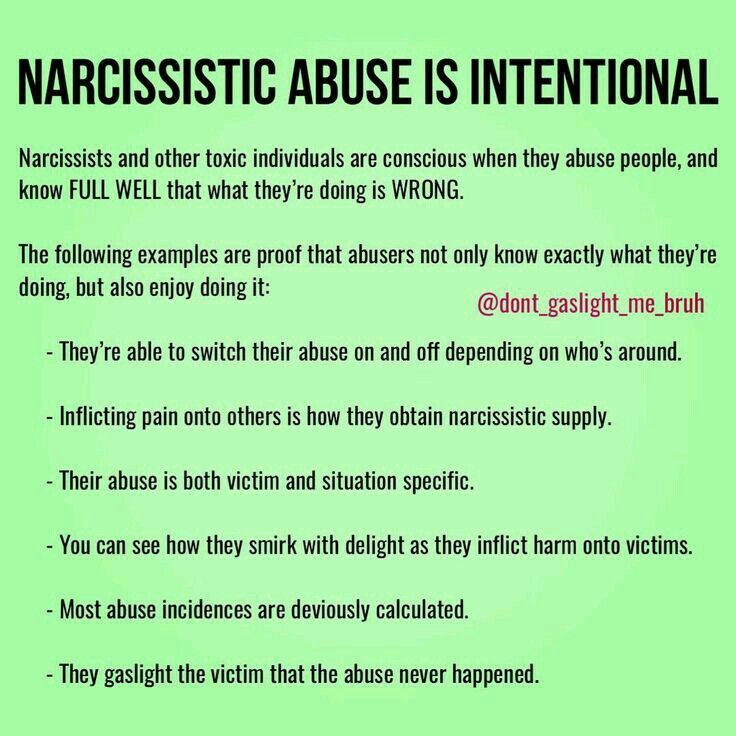 For more information, contact us or call us today at 561-496- 1094.
For more information, contact us or call us today at 561-496- 1094.
How to Find a Therapist Who Understands Narcissistic Abuse Recovery & NPD: 10 Powerful Questions
When you’re going through narcissistic abuse recovery, you might want to find a good narcissistic abuse therapist. If so, you’re obviously going to want one who is familiar with the topic of narcissistic abuse and also has a good understanding of narcissistic personality disorder and the extreme effects being involved with this sort of person can have on your entire life. And how do you go about finding a narcissism-informed therapist anyway?
Quick Navigate This Post
In this video, I’ll explain how you can find a narcissistic abuse therapist and give you a list of questions to ask the therapist about narcissism and narcissistic abuse recovery.
Research proves that the most effective therapy happens when the relationship between the client and the therapist is comfortable and where the client feels understood.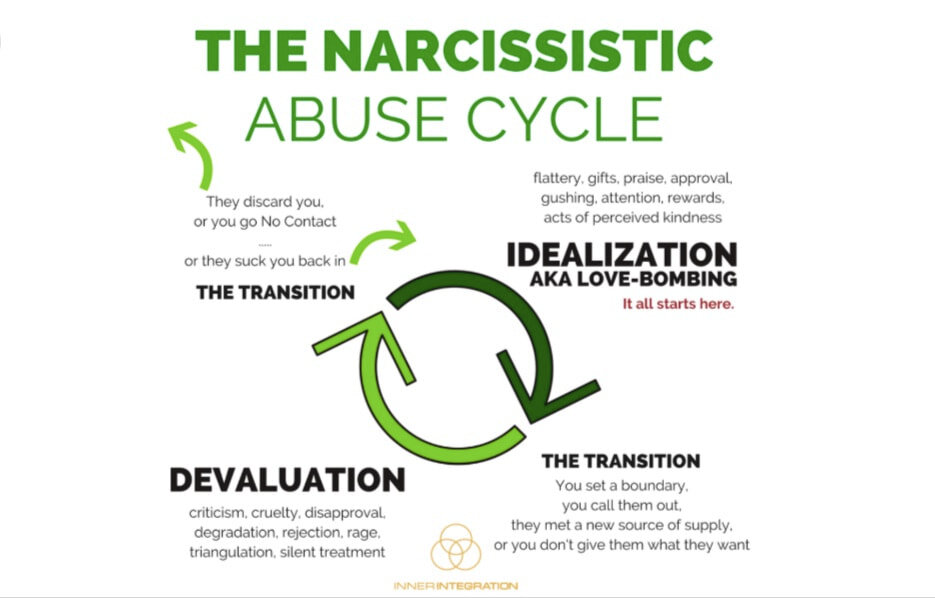
This is especially important for narcissistic abuse survivors because so often, we are starved of any personal validation. We need to know that they “feel” us – feel me?
How to Interview Your Potential Narcissistic Abuse Recovery TherapistStart With a List of Potential Therapist CandidatesThe first step to finding a narcissistic abuse recovery therapist is to find a list of therapists covered by your insurance company who specializes in relationships and emotional abuse, if possible. You might also find therapists who specialize in codependency, adult children of abusive parents, or even family therapy.
Schedule the Interview or a Single Session to EvaluateDon’t commit to a therapist unless you feel comfortable with them. A lot of people don’t know this, but you can do an interview or an introductory session with therapists, in most cases. So, if possible, you can schedule an in-person, online, or telephone interview in advance.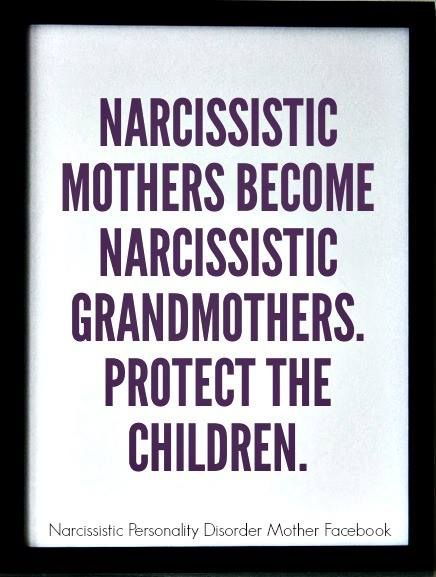 Failing that, you could also just schedule a single session to explain your situation and evaluate the therapist and whether he or she will be a good fit for you.
Failing that, you could also just schedule a single session to explain your situation and evaluate the therapist and whether he or she will be a good fit for you.
Maybe you don’t want the therapist to know that you’re sort of “testing them,” so you’d like to kind of tiptoe around the issue, while still figuring out if they can help with narcissistic abuse recovery effectively. If you can only ask one question or you prefer to avoid the more direct approach, here’s a quick way to find out if your therapist is familiar with narcissistic abuse recovery and narcissistic personality disorder.
Ask the therapist “What is your take on gaslighting?” You can also add, “how would you explain gaslighting to someone who hadn’t heard of it before?”
I’ve had a lot of clients tell me that their therapists aren’t familiar with that term, and if they’re not, it’s a really great sign that they don’t know about it.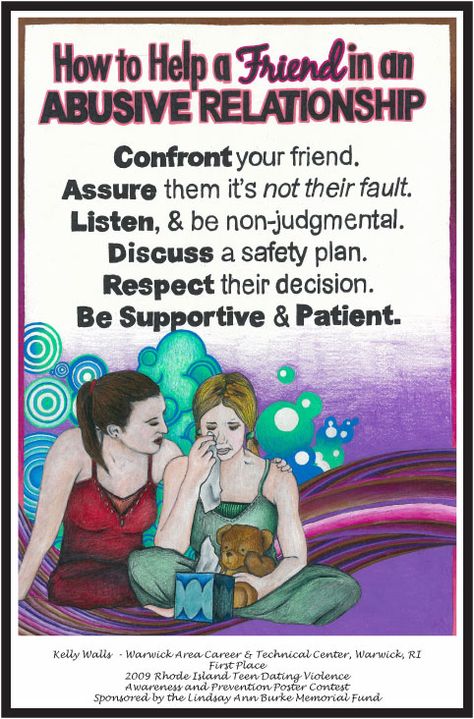 I also suggest, if possible, that you find someone who has at least a bit of personal experience with emotional abuse – and if they have, they’ll generally admit that to you. Visit Our Find a Narcissistic Abuse Recovery Therapist Page.
I also suggest, if possible, that you find someone who has at least a bit of personal experience with emotional abuse – and if they have, they’ll generally admit that to you. Visit Our Find a Narcissistic Abuse Recovery Therapist Page.
If you’ve got time for a full-on interview, here are some questions to consider asking to figure out if the therapist you’re considering working with will be able to help with your narcissistic abuse recovery and any C-PTSD (complex post-traumatic stress disorder) symptoms you might be struggling with.
1. What do you know about emotional abuse?You may or may not actually want to mention the term “narcissist” or even “narcissistic personality disorder.” In that case, just say “emotional abuse” or “psychological abuse” and leave the actual diagnosis to the therapist. Here are some examples of things you can say.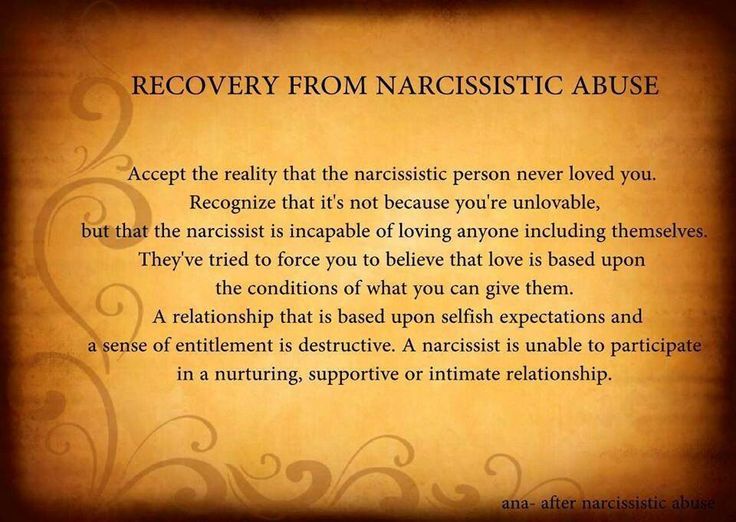
- I have been dealing with someone who has emotionally abused me, and this person appears to demonstrate some of (or all of) the traits of narcissistic personality disorder.
- I’m hoping to work on recovering from an abusive relationship.
- How would you go about treating that?
You might also get specific, saying something like, “Regarding your therapy style, do you lean more toward cognitive behavior therapy or digging into the deep core issues or the root of the problem?” Here are some tips to help you figure out what the right answer for you will be in this case.
- If you want to start feeling better by treating symptoms and learning coping techniques, you want a therapist who is more CBT-focused.
- If you want to reach the root of the problem, you will want to dig into it with a psychodynamic-based therapy style.
- Ideally, you might want both – so a program that starts by treating the immediate pain and that leads to digging into the root causes as you go.
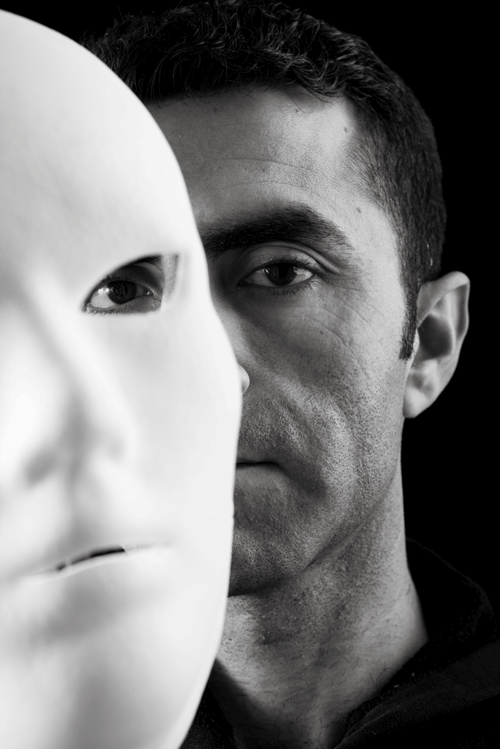 A combined approach would probably be best for you as a narcissistic abuse survivor. It’s good to understand how you got there so you won’t be there again.
A combined approach would probably be best for you as a narcissistic abuse survivor. It’s good to understand how you got there so you won’t be there again. - Best Practice: If it fits in your budget, get a narcissistic abuse recovery coach along with your therapist. This way, you can focus on learning coping techniques and getting validation from a coach who understands where you are, as well as traditional therapy.
Fact: Some therapists use really harsh “in your face” kinds of therapy and this is usually not good for survivors. It’s often used by practitioners of “Gestalt” therapy which puts all personal responsibility for your circumstances on your own shoulders. Now, don’t get me wrong. Each of us can shoulder our own responsibility in the relationship – mostly, we are responsible on some level for tolerating as long as we did, for allowing ourselves to be disrespected over and over again.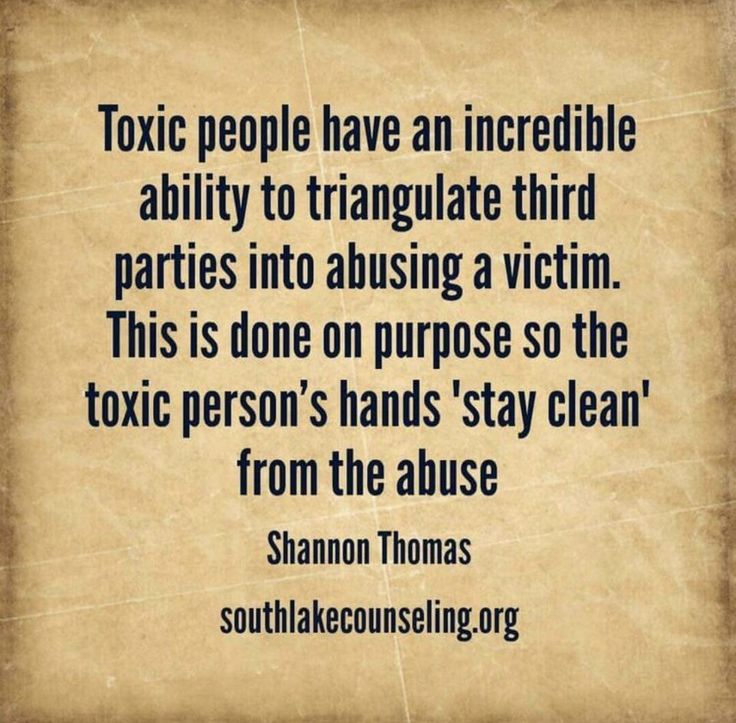 But what many traditional therapists don’t take into account (and won’t recognize) is the extreme amount of psychological warfare we experience at the hands of a narcissist.
But what many traditional therapists don’t take into account (and won’t recognize) is the extreme amount of psychological warfare we experience at the hands of a narcissist.
So, while none of us is completely without fault in having been in the toxic relationship, we are not to blame for the abuse we endured. After spending years or even decades being told you are the cause of every single problem on the planet, you don’t need any more blame. You need actual help. In other words, you want to know if they’re going to lead the sessions with a tight, planned structure or if they’ll let you lead with whatever you’re dealing with. I like the idea of a flexible session – so if you want to talk about a specific thing, it’s okay to put your planned goals for the scheduled session on hold.
4. Have you ever helped someone like me before?For the most part, you don’t have the time or energy to be anyone’s guinea pig in narcissistic abuse recovery. So, ask the therapist if they have done this before.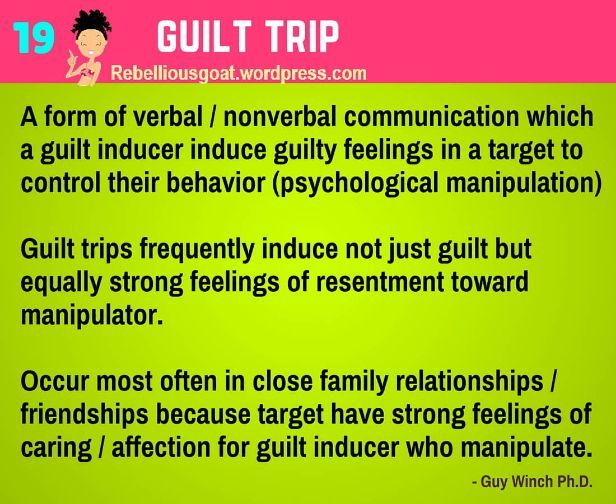 Some clarifying questions you can ask include the following.
Some clarifying questions you can ask include the following.
- Are you familiar with domestic violence and/or emotional abuse in relationships?
- Have you ever helped someone through narcissistic abuse recovery?
- What is your best piece of advice for recovering from this kind of trauma?
- You may or may not wish to check in with your narcissistic abuse recovery therapist between sessions. This is a good time to find out their preference.
- Be careful to find out the times you are able to check-in (if that’s the case) and how quickly (and how often) you can expect a response.
Some therapists absolutely will not give advice or direction under any circumstances, depending on their particular style. If you want to ask for advice and get answers, you need to know ahead of time if that will be an option.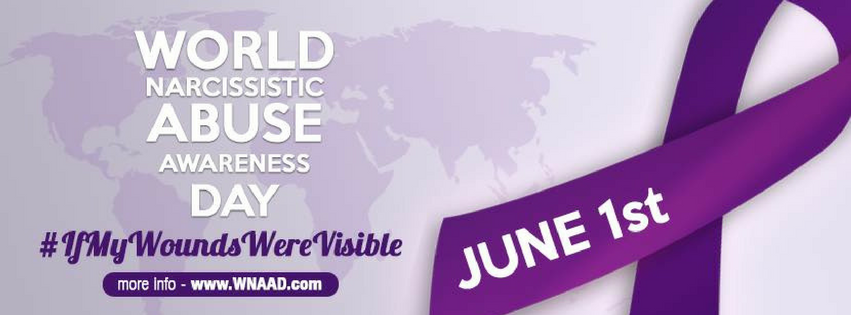
- Will you give me assignments and/or coping techniques I can use between sessions for healing and managing during recovery?
- What will a session be like?
- How often will we meet?
The Most Important Part: Does it FEEL right?
How to take notes during the interview.Consider the following points in your notes during the interview.
- How quickly you were able to feel comfortable with the therapist.
- Whether you felt rushed or if you were allowed to go at a comfortable pace.
- Whether the therapist seemed to “get” you from the start, or it took several attempts to help them see your point of view or perspective, or to understand what you were trying to explain.
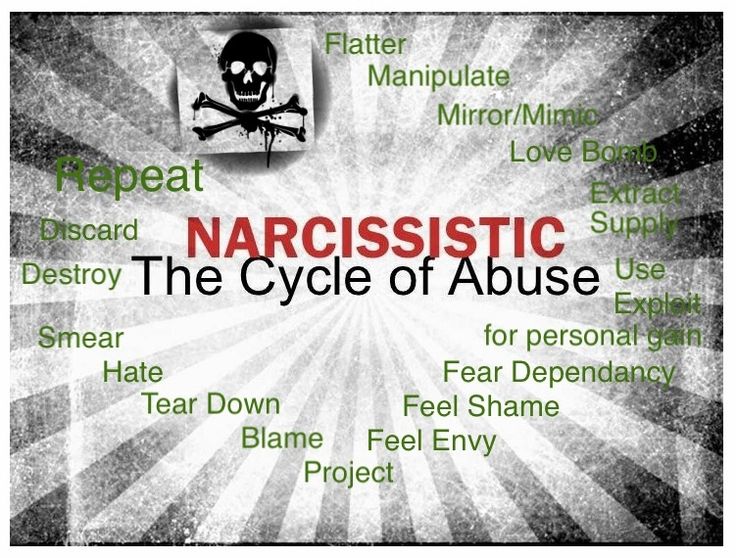
- Whether you understood the responses clearly and comfortably.
- Whether you think you’d feel comfortable sharing your deepest secrets with this person.
My best tip? Go with your gut! Use your intuition! Since you might be an empath, pay attention to how the therapist makes you FEEL. You should feel comfortable and not feel the need to hide who you are in any way from this person. You should not feel “judged,” just safe.
It seems counterintuitive, but in some cases, a specific therapist may not be the ideal person to help with your narcissistic abuse recovery.
Therapists are often under-educated when it comes to narcissistic abuse recovery and toxic relationships with people with narcissistic personality disorder. It’s not that therapists are useless, it’s just that they don’t always know the depths of emotional abuse and how to recognize someone with narcissistic personality disorder.
In most cases, when you consult psychologists on love, they are fairly accurate.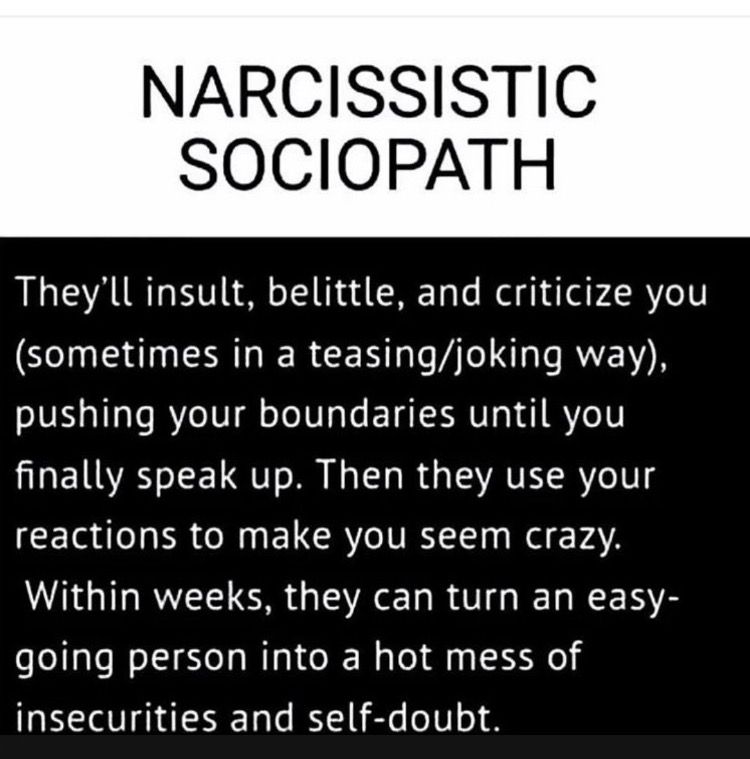 But when it comes to finding a good narcissistic abuse therapist, it’s often easier said than done. And going to couples therapy with a narcissist will almost definitely set you up for victim-blaming.
But when it comes to finding a good narcissistic abuse therapist, it’s often easier said than done. And going to couples therapy with a narcissist will almost definitely set you up for victim-blaming.
The video below, entitled Therapist Who Survived Narcissistic Parents & Toxic Childhood on How Therapy Failed Her, is an interview with a therapist who is also a survivor on why therapists don’t always understand what you’ve gone through during narcissistic relationships and how YouTube videos gave her the final piece she needed for healing.
If you’re considering counseling for divorce or going no contact with someone with NPD, this video might help you make more careful choices in your healing.
Visit Our Find a Narcissistic Abuse Recovery Therapist Page for Additional Information
Resources That Might Help You- Take the C-PTSD Test Now and Find Out If You’re Affected!
- Are you having an anxiety attack? Know the warning signs.
- Toxic Relationships: Identifying and Managing Anxiety Caused by Narcissistic Abuse
- Brain Training: 10 Proven Boredom Busters Guaranteed to Work for You
- Are you dealing with narcissistic abuse? Find out by taking our self-assessment.
- Think you might be in a relationship with a narcissist? Take this test and find out.
- Narcissistic Abuse Recovery Support Groups
- The QueenBeeing SPANily, Official – We consider this to be the best narcissistic abuse recovery support group on the web.
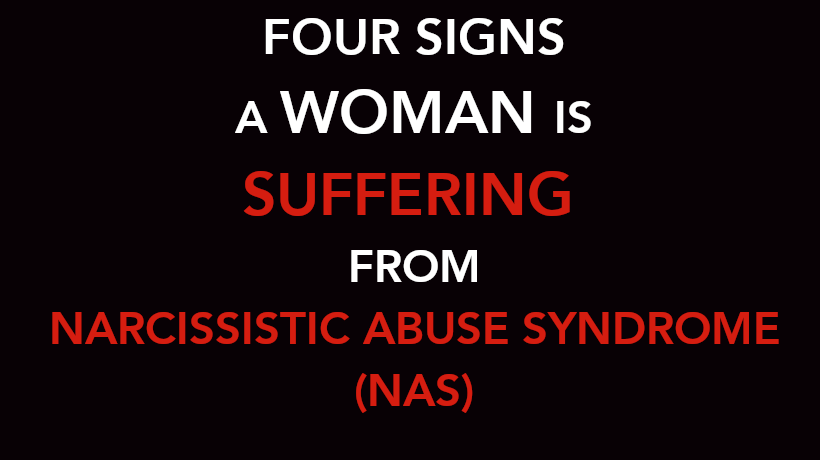 Offers several subgroups and features a vigilant, compassionate admin team full of trained coaches and survivors, supporting more than 12k members. SPAN is an acronym created by Angie Atkinson that stands for Support for People Affected by Narcissistic abuse in toxic relationships.
Offers several subgroups and features a vigilant, compassionate admin team full of trained coaches and survivors, supporting more than 12k members. SPAN is an acronym created by Angie Atkinson that stands for Support for People Affected by Narcissistic abuse in toxic relationships. - Other Narcissistic Abuse Recovery Support Groups – We also have separate groups for each stage in your narcissistic abuse recovery, as well as some for those who have moved past recovery and are evolving into the next stage of their own life. Survivors have unique and individual needs, even when they’ve moved on – so we’re still here for you.
- One-on-One Narcissistic Abuse Recovery Coaching – If you prefer to get more personalized support in your recovery, you might like to schedule a session with one of our coaches to plan and execute your own narcissistic abuse recovery plan.
- Find a Narcissistic Abuse Recovery Therapist – If you’re looking for a therapist for narcissistic abuse recovery, either because you cannot afford coaching and want to use your health insurance or because you have additional issues you need to address that do not fall within the realm of coaching, you will want to find the right therapist for you – and as far as we’re concerned, that therapist must understand what you’ve been through.
 This page offers assistance to help you do exactly that.
This page offers assistance to help you do exactly that. - Where Are You in Recovery? You might not be sure exactly where you fit in and what level of recovery you’ve achieved. If that’s the case, you’ll want to check out this self-assessment to help you determine exactly where you fall in the stages of recovery from narcissistic abuse. Once you finish and submit the assessment, you will be given resources for your own situation, along with recommendations of which groups to join.
- Which Narcissistic Abuse Recovery Program is Right for You? If you aren’t sure which program you want to utilize to facilitate your recovery from narcissistic abuse, this self-assessment will help you decide.
- Why Narcissists Are Often Misdiagnosed With Bipolar Disorder
- Toxic Relationships and Narcissism: Stages of Gaslighting
- Take the Narcissistic Personality Inventory Test Here
- Toxic Narcissism in Relationships: Identifying PTSD and C-PTSD
- 121 Things Narcissists Say When They Are Gaslighting You
- Knowledge is Power: 4 Important NPD Statistics Survivors Need to Know – QueenBeeingQueenBeeing
- The Narcissistic Elephant in the Room: How Narcissists Affect Their Kids – QueenBeeingQueenBeeing
- Gaslighting and Toxic Narcissism: Top 10 Red Flags (Video) – QueenBeeingQueenBeeing
- DUO – QueenBeeingQueenBeeing
Author
-
Angela Atkinson
Angela Atkinson is a certified trauma counselor and the author of more than 20 books on narcissism, narcissistic abuse recovery, and related topics.
 A recognized expert on narcissism and narcissistic personality disorder who has studied and written extensively on narcissistic personality disorder and narcissistic abuse in toxic relationships since 2006, she has a popular narcissistic abuse recovery YouTube channel. Atkinson was inspired to begin her work as a result of having survived toxic relationships of her own. Atkinson offers trauma-informed narcissistic abuse recovery coaching and has certifications in trauma counseling, life coaching, level 2 therapeutic model, CBT coaching, integrative wellness coaching, and NLP. She is a certified trauma support coach and certified family trauma professional. She also has a professional PTSD counseling certification. Her mission is to help those who have experienced the emotional and mental devastation that comes with narcissistic abuse in these incredibly toxic relationships to (re)discover their true selves, stop the gaslighting and manipulation, and move forward into their genuine desires – into a life that is exactly what they choose for themselves.
A recognized expert on narcissism and narcissistic personality disorder who has studied and written extensively on narcissistic personality disorder and narcissistic abuse in toxic relationships since 2006, she has a popular narcissistic abuse recovery YouTube channel. Atkinson was inspired to begin her work as a result of having survived toxic relationships of her own. Atkinson offers trauma-informed narcissistic abuse recovery coaching and has certifications in trauma counseling, life coaching, level 2 therapeutic model, CBT coaching, integrative wellness coaching, and NLP. She is a certified trauma support coach and certified family trauma professional. She also has a professional PTSD counseling certification. Her mission is to help those who have experienced the emotional and mental devastation that comes with narcissistic abuse in these incredibly toxic relationships to (re)discover their true selves, stop the gaslighting and manipulation, and move forward into their genuine desires – into a life that is exactly what they choose for themselves.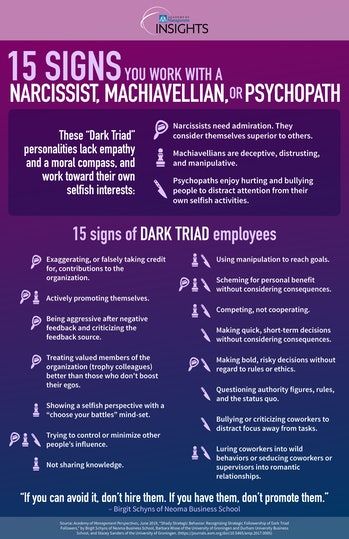 Along with her solution-focused life coaching experience, Atkinson’s previous career in journalism and research helps her to offer both accurate and understandable information for survivors of abuse in a simple-to-understand way that helps to increase awareness in the narcissistic abuse recovery community. Atkinson founded QueenBeeing.com Narcissistic Abuse Recovery Support, the SPANily Narcissistic Abuse Recovery Support Groups and the Life Makeover Academy. She offers individual and group coaching for victims and survivors of narcissistic abuse here at QueenBeeing.com and at NarcissisticAbuseRecovery.Online.
Along with her solution-focused life coaching experience, Atkinson’s previous career in journalism and research helps her to offer both accurate and understandable information for survivors of abuse in a simple-to-understand way that helps to increase awareness in the narcissistic abuse recovery community. Atkinson founded QueenBeeing.com Narcissistic Abuse Recovery Support, the SPANily Narcissistic Abuse Recovery Support Groups and the Life Makeover Academy. She offers individual and group coaching for victims and survivors of narcissistic abuse here at QueenBeeing.com and at NarcissisticAbuseRecovery.Online.View all posts
Discovery
Understanding
Overcoming
Not sure (Help me decide!)
Subscribe
We won’t send you spam. Unsubscribe at any time.
Powered By ConvertKit
Award for Angie’s YouTube Channel
Disclosure – Click to Read
WILLIAM CRILL Jr. HOW A PARENT'S NARCISSIC PERSONALITY DISORDER AFFECTS A CHILD: vm_pas - LiveJournal
Last updated Jan 18, 2018
Checklist for identifying a parent with narcissistic personality disorder ( NPD):
1.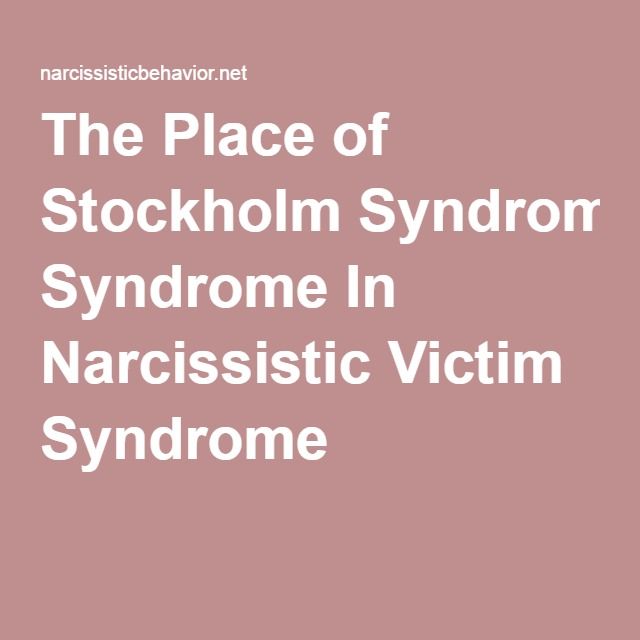 0006 Children of NPD parents blame themselves. Instead of blaming the parents, a loving child can take responsibility for the negativity and sacrifice their self-esteem. Children begin to believe that it is their own fault that their parents do not love them, or they hope that by changing themselves they can earn their parents' love.
0006 Children of NPD parents blame themselves. Instead of blaming the parents, a loving child can take responsibility for the negativity and sacrifice their self-esteem. Children begin to believe that it is their own fault that their parents do not love them, or they hope that by changing themselves they can earn their parents' love.
2. They seem invisible. These children may not have an idea about themselves (their true "I"), about what they want or need. The grandiosity of the parents overshadowed the child so much that as a result a person appeared who had no idea who he really was as a person.
3. They become so accustomed to narcissism that they can either choose narcissistic relationships or avoid relationships entirely. Neglect, abuse, anger, lack of empathy, and emotional play can be so overwhelming that they can cause a child to grow up expecting such treatment in all human relationships, develop insecure attachments or distrust of other people, and completely withdraw from emotional intimacy with other people.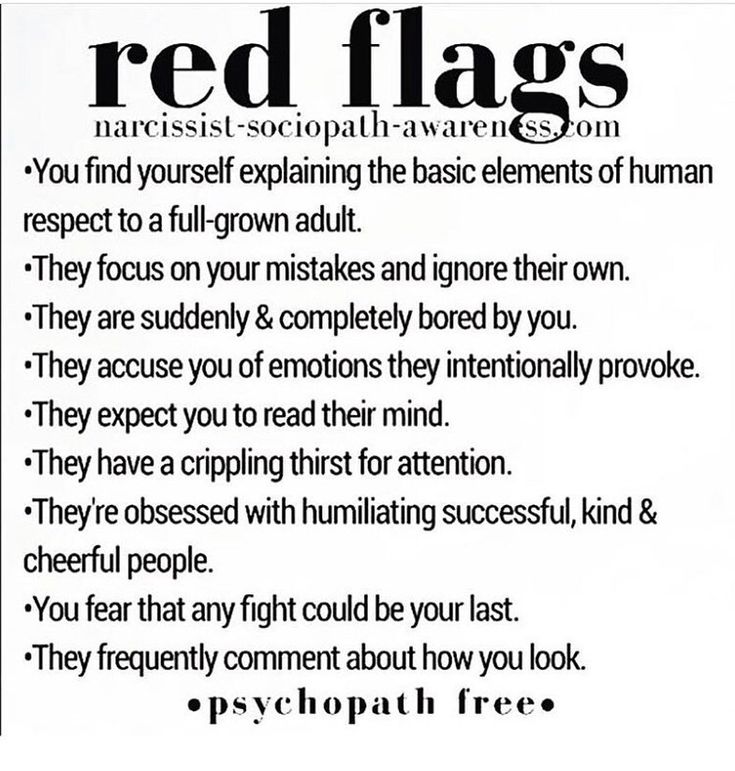
4. Narcissism breeds codependency, low self-esteem, guilt, or more narcissism. These children often adapt, either by erasing themselves (denying their own selves), sacrificing their own needs, developing PTSD, or joining the "winning" side and becoming narcissists.
Parenting with children of a parent with NPD
Young children of a mother or father with narcissistic personality disorder are the real victims of their parent and his disorder - just like any child who lives with a dependent parent (alcoholic, drug addict) or guilty of physical or sexual abuse. Narcissistic parents abuse children in a very subtle and sophisticated way: they inflict severe emotional and mental abuse, although no one outside the family will ever suspect anything wrong. These child victims quite often go unnoticed, receive no treatment, and receive no help from adults other than their next of kin. This is due to the nature of narcissistic personality disorder (NPD).
The main behavioral feature of parents with NPD is the almost complete lack of care for their child.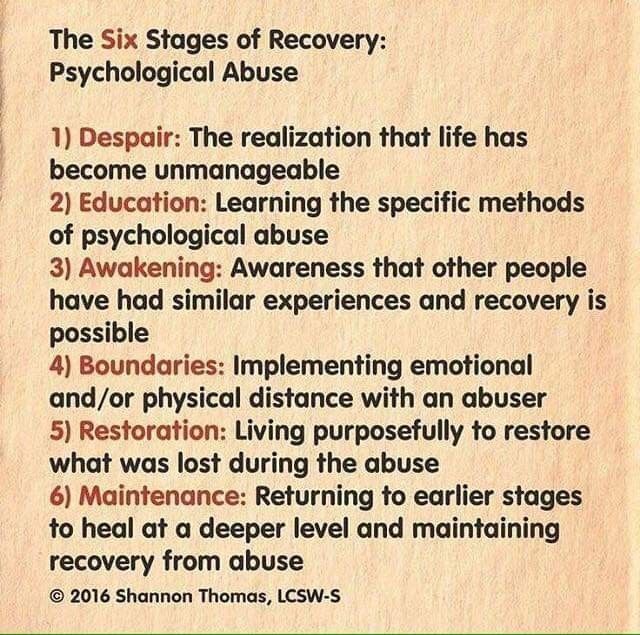 Outwardly, in public, a parent with NPD is often not seen as an abusive person. Inside the family, the child has no doubt that something is very, very wrong. In some cases, this parent starts to "warm up" and make mistakes that draw negative attention to him and shed light on his NPD, but in most cases, the abuse continues for years.
Outwardly, in public, a parent with NPD is often not seen as an abusive person. Inside the family, the child has no doubt that something is very, very wrong. In some cases, this parent starts to "warm up" and make mistakes that draw negative attention to him and shed light on his NPD, but in most cases, the abuse continues for years.
M
You can think of NPD as a kind of "spectrum" with varying degrees of chaotic and inconsistent behavior. While some adults with NPD express their frustration rather mildly (for example, a mom or dad forces their child to play a sport they don't want to play for a beauty contest), others are experts at covering up abuse and can manipulate other people at will. (including teachers, officials, police, lawyers and even judges).
Because of their disorder, parents with NPD pay little or no attention to their child's personality, ambitions, or emotions. This parent just thinks about himself all the time. This is a very difficult concept for most normal people to understand ; it is difficult to find a parent who does not care for their child, and it is also difficult to understand how this child can improve the mental state of his parent, or how a child can be a source of "narcissistic energy".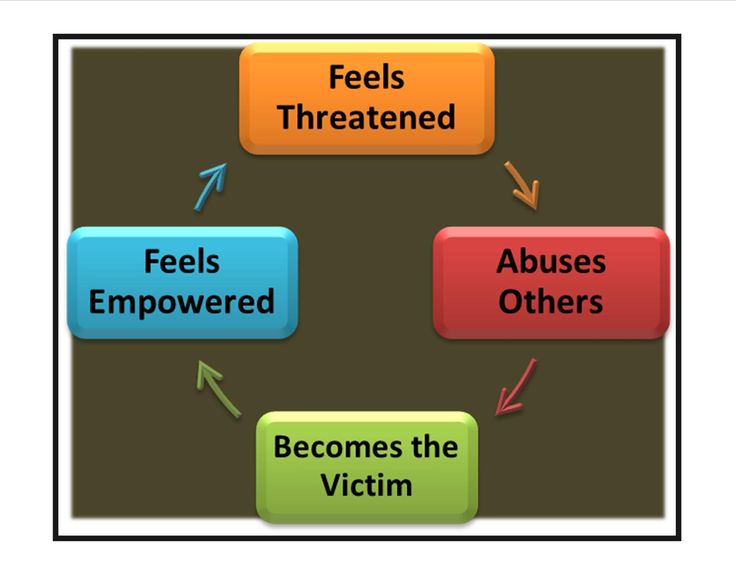 People with NPD are constantly seeking out and getting to know people, using their charm, false interest, and lavish gifts to get people into a relationship with them. If a person with NPD has a child, then he is the supplier of food (energy) for his ego. A person with NPD it is absolutely necessary to see the reaction of others in order to convince yourself of your own identity . And they don't really care about the consequences of an act until they get a reaction from those around them. In this way, the NPD parent quickly goes from the most charming, loving, and helpful parent on the planet to the most angry, insensitive, and abusive parent imaginable (think of the movie Mommy Dearest ).
People with NPD are constantly seeking out and getting to know people, using their charm, false interest, and lavish gifts to get people into a relationship with them. If a person with NPD has a child, then he is the supplier of food (energy) for his ego. A person with NPD it is absolutely necessary to see the reaction of others in order to convince yourself of your own identity . And they don't really care about the consequences of an act until they get a reaction from those around them. In this way, the NPD parent quickly goes from the most charming, loving, and helpful parent on the planet to the most angry, insensitive, and abusive parent imaginable (think of the movie Mommy Dearest ).
Young children of parents with narcissistic personality disorder are the true victims of their parent and their disorder, just as much as any child who lives with a dependent parent, or a parent who physically or sexually abuses the child.
Abuse of a child by a parent with NPD
People complain about spoiled children, but in reality children have very little power over their parents.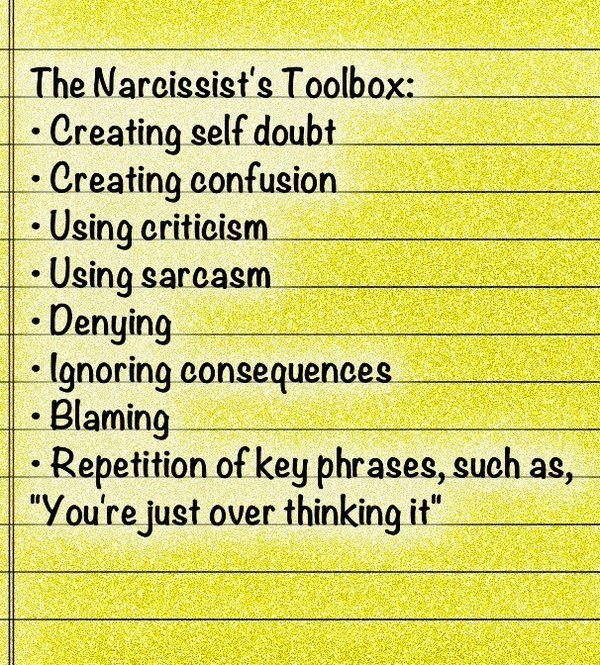 This is even more true in the case of a child with an NPD parent, as that child is well aware of the unpredictability, implied threats, and intense rage that such a parent exhibits. The child learns early to "crouch and cover" by constantly appeasing the childhood whims (which are constantly changing) of the parent with NPD. The child is frightened that if he tells anyone outside the family about his very ill parent, no one will listen to him or believe him, because the NPD parent is a master of "false face" (hypocrisy) in public. Secondly, the child is afraid that his complaint will come back to the parent with NPD and he will take revenge on the child.
This is even more true in the case of a child with an NPD parent, as that child is well aware of the unpredictability, implied threats, and intense rage that such a parent exhibits. The child learns early to "crouch and cover" by constantly appeasing the childhood whims (which are constantly changing) of the parent with NPD. The child is frightened that if he tells anyone outside the family about his very ill parent, no one will listen to him or believe him, because the NPD parent is a master of "false face" (hypocrisy) in public. Secondly, the child is afraid that his complaint will come back to the parent with NPD and he will take revenge on the child.
Narcissistic mothers and fathers cause intense fear in the child in several ways.
· First, they may tell the child that they have “eyes and ears everywhere” and the child cannot hide anything from them. One father of three little girls gave them necklaces that he told them they should wear all the time because he has a special ability and can see everything the kids are doing through the necklaces.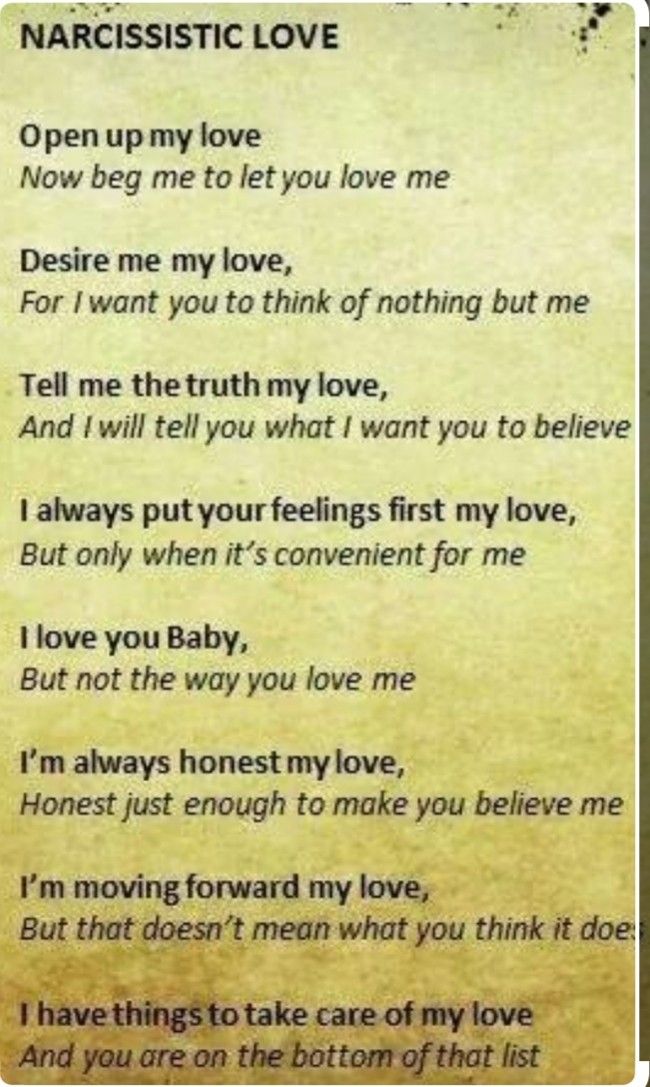 They were afraid not to take them off and were afraid to take them off.
They were afraid not to take them off and were afraid to take them off.
· Another way NPD parents foment fear is by implicit or direct threats to the child that the parent will leave them or that the parent will not be able to live if the child does not obey the will of the parents. The child naturally loves his parents and wants to please them; NPD parents can never be satisfied, and a child is never good enough for them.
Some NPD parents make it clear to the child "between the lines" (indirect hints) that if the child is ever disloyal to the parent, serious and dangerous things will happen, up to and including harm to their other non-NPD parent or the child himself.
Victim children of parents with NPD live only to please and delight their parents; The parent needs the child to always adore them and agree with them, which the child is very good at doing in the presence of the parent. Away from their parents, these children are often depressed, anxious, and gloomy, as if they had simply ceased to be normal children. Although some school counselors or coaches may notice that a child is having difficulty, they may never suspect that it is due to NPD parent abuse, especially if they know the child's parent. If a child tells an adult about his parent, he will suspect that the child has a congenital emotional or mental health problem; which plays into the hands of the NPD parent when the school counselor calls him for a meeting. The child then falls into a terrible trap: the child is diagnosed with a mental health problem.
Although some school counselors or coaches may notice that a child is having difficulty, they may never suspect that it is due to NPD parent abuse, especially if they know the child's parent. If a child tells an adult about his parent, he will suspect that the child has a congenital emotional or mental health problem; which plays into the hands of the NPD parent when the school counselor calls him for a meeting. The child then falls into a terrible trap: the child is diagnosed with a mental health problem.
Parents with a personality disorder can sometimes make mistakes in showing their true character. This can happen when a parent who wants what they want creates an awkward public scene with the child present. In fact, they sometimes use their children as leverage in social situations to get others to back down or give them what they want. Witnesses to such public anger are only required to save the child from the intense embarrassment that their parents are willing to put through.
The child learns that he must put aside what is important to him or what he would like to do, because only what the NPD parent wants matters. Parents always put their own wants and needs ahead of the interests of the child, often masking this fact with the altruistic claim that the parent is simply doing what is best for the child. The child has no real choice not to succumb to the parent's plan for them, even if the child has no desire or any real talent for the activity the parent forces him to do. Emotional blackmail is a given. On the other hand, some parents with NPD simply ignore any accomplishment the child makes on their own and may even belittle the child's accomplishments in private, taking credit for the child's accomplishments in public if the accomplishment elevates the NPD parent's reputation as Parent of the Year.
Within the family, NPD parents will present the child as either overly controlling, completely insensitive and evil, or overly kind, generous and understanding.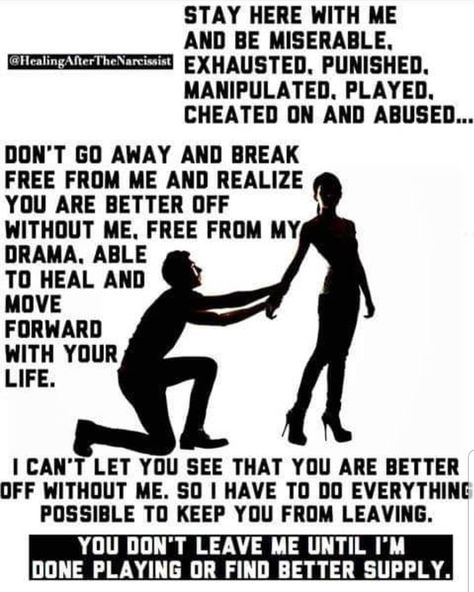 These ideas of theirs can quickly alternate, constantly leaving the child emotionally unbalanced, anxious from a misunderstanding of what is happening with the parent. Essentially a form of mind control and torture well known to survivors of POW camps . Thus, the child is faced with a very narrow choice of how to respond: he may choose total submission (and thus lose his identity), wait patiently until he is eighteen years old, and then move as far away from the parent as possible and try to find a cure or, through constant exposure and training, become a narcissistic adult himself. A parent may treat the last child like a little prince or princess at the expense of any other siblings who have chosen a different coping path.
These ideas of theirs can quickly alternate, constantly leaving the child emotionally unbalanced, anxious from a misunderstanding of what is happening with the parent. Essentially a form of mind control and torture well known to survivors of POW camps . Thus, the child is faced with a very narrow choice of how to respond: he may choose total submission (and thus lose his identity), wait patiently until he is eighteen years old, and then move as far away from the parent as possible and try to find a cure or, through constant exposure and training, become a narcissistic adult himself. A parent may treat the last child like a little prince or princess at the expense of any other siblings who have chosen a different coping path.
Narcissistic injury refers to any threat (real or imagined) the narcissist perceives to his grandiose false self at any given moment. With every narcissistic injury that the narcissist's fragile ego experiences, he will exhibit a reflexive drive to violent rage.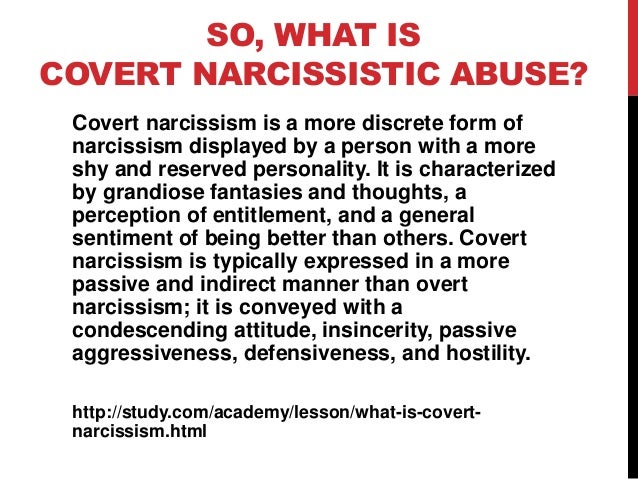
- Christine Louis de Canonville
Growing and adult children of narcissistic parents
The normal development of children dictates that they begin to individuate and differentiate as they grow, which means that they blossom into their unique being. This normal progress picks up speed with age. The NPD parent begins to feel uncomfortable when the child begins to assert his or her individuality or independence; the parent perceives this as betrayal, disloyalty, or disobedience. Children often become aware of their parents' illness quite early in elementary school, when they have the opportunity to compare other children's parents with their own. As the child grows older, the stress in the family system can rise to unbearable levels .
Some NPD parents may earn a reputation in society as at least difficult people, and at worst they are considered unpredictable and dangerous. NPDs can get "horny" and pose a real danger because they view their children (and spouse) as property that they have the right to dispose of if they want.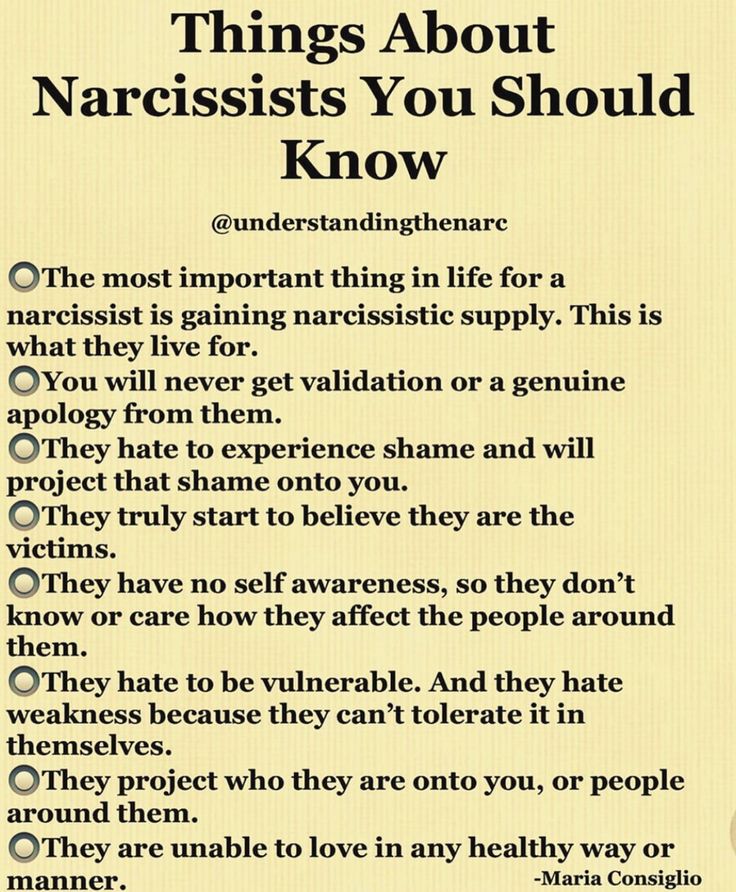 Many cases of domestic violence and homicide can be attributed to a person with NPD.
Many cases of domestic violence and homicide can be attributed to a person with NPD.
The truth is that narcissistic parents don't understand children because they want to nurture and guide their offspring through life; they have children, so they have automatic, internal relationships in which they have power, relationships in which the narcissist can write his own rules without any checks and balances.
- Seth Meyers, PhD
NPD Parent Campaign
Even if the non-NPD parent can get the upper hand and find help to get out of these autological relationships, the courts often uphold standard custody agreements. The child, fearful of a narcissistic parent, may not talk about the family situation with counselors, lawyers, or judges. The parent with a personality disorder proves time and time again that he will not be discovered for who he really is and that he will not be blamed or held accountable. The child does not believe that these adults in court can help.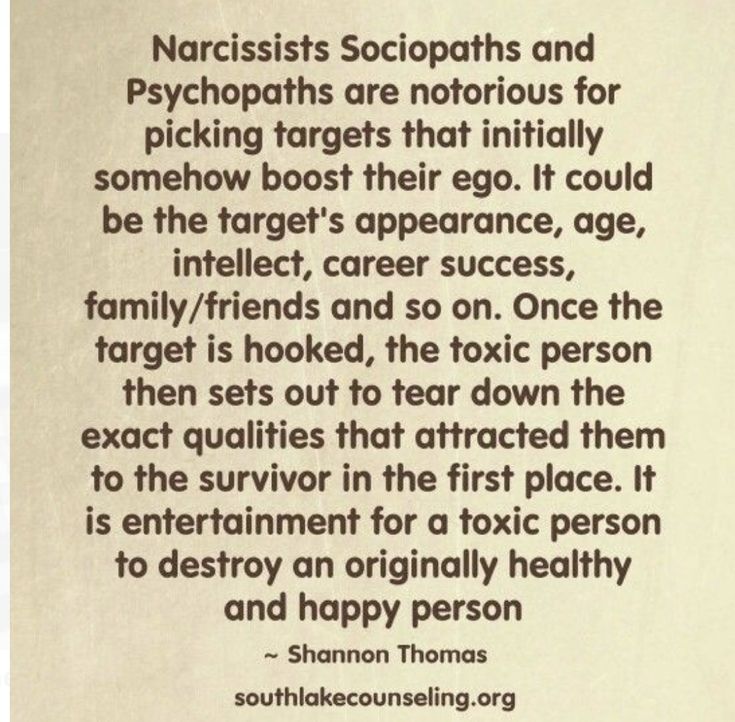 In fact, the narcissistic parent often "plays" with the legal system so well that lawyers and judges fall into the trap of believing that the non-personality parent is dramatizing the situation because of the emotions associated with the divorce situation. Indeed, stories by non-IDP parents about an ex-spouse with NPD often sound so "unusual" that the judge finds it hard to believe. The child believes that there is no one in the world who can help him in protecting him from a narcissistic parent, so he will support him in public.
In fact, the narcissistic parent often "plays" with the legal system so well that lawyers and judges fall into the trap of believing that the non-personality parent is dramatizing the situation because of the emotions associated with the divorce situation. Indeed, stories by non-IDP parents about an ex-spouse with NPD often sound so "unusual" that the judge finds it hard to believe. The child believes that there is no one in the world who can help him in protecting him from a narcissistic parent, so he will support him in public.
Clinical counselors (psychologists and psychiatrists) are always very hesitant - if not completely avoiding the question of how to treat children involved in custody cases when one of the parents is believed to have NPD. Most clinicians very rarely publicly identify a person as suffering from a personality disorder, lest the narcissist turn all their anger on the counselor (i.e., drag him to court to testify or, more commonly, harass him about his work, competence, and etc. ). Again, the narcissistic parent doesn't really care about the child or what the child needs in terms of therapeutic support, only how the narcissistic parent can use a counselor against the other parent and make themselves look better in court.
). Again, the narcissistic parent doesn't really care about the child or what the child needs in terms of therapeutic support, only how the narcissistic parent can use a counselor against the other parent and make themselves look better in court.
Judicial intervention
Ultimately, true interference in a child's life can only come from the court system , because that is the only institution that the narcissist respects and fears . Again, the problem is that judges often overlook the fact that one of the parents they are dealing with has this personality disorder. In addition, it is often very difficult to demonstrate emotional and mental abuse to a court because the nature of the NPD parent-child relationship prohibits the child from speaking honestly with the judge, and the opinion of the other parent is most often considered biased. Because few, if any, counselors are willing to testify about abuse and take the path of dealing with the narcissist, the court is left to recognize these difficult things for itself.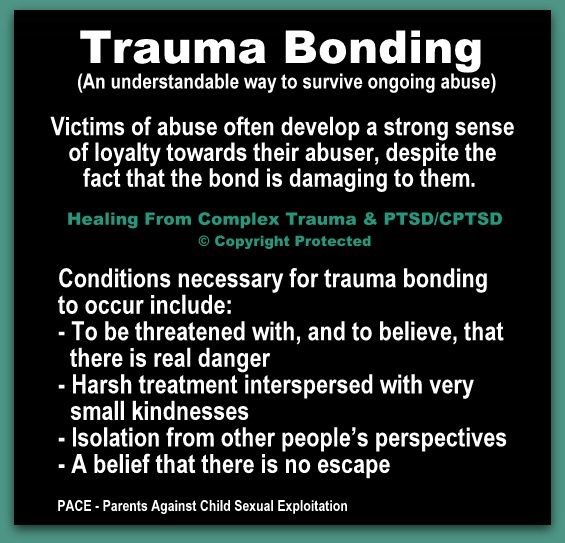 By recognizing the many signature behavioral patterns that NPD parents inevitably leave behind, child custody courts can begin to identify and then take important action for children of parents with NPD.
By recognizing the many signature behavioral patterns that NPD parents inevitably leave behind, child custody courts can begin to identify and then take important action for children of parents with NPD.
If a court were to order a child's contact with an NPD parent, it could give the child enough time to begin the recovery process and build up the courage to undergo psychotherapeutic treatment in a way that can actually benefit him. In addition, the court will need to provide more protection for the counselor from being called to court and testifying (which effectively destroys the therapeutic relationship with the child in the future) so that they can do their job and help the child recover and develop coping skills, mechanisms for more effective interactions with their NPD parent.
How narcissistic personality disorder will affect divorce and custody
In a nutshell: expect a fight . Because in order to support and feed their grandiose and inflated ego, the narcissist will engage in a divorce and custody battle, intending to win at all costs.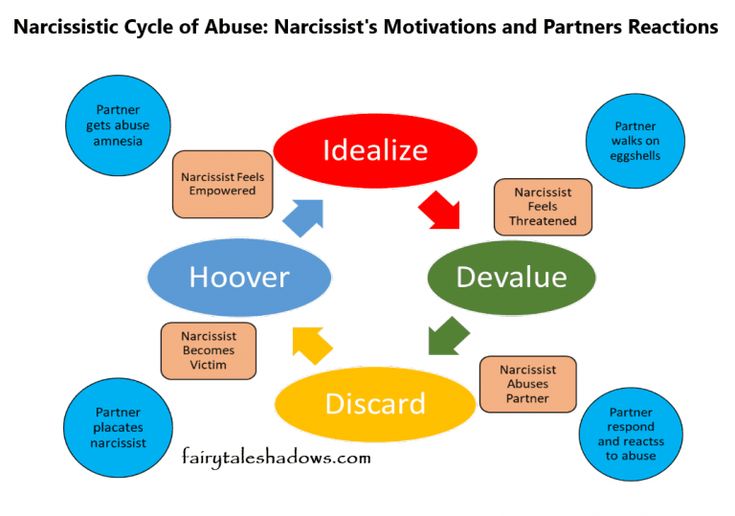 A rough, dirty, bloody battle will be unpleasant for everyone, but especially for the child, who will be manipulated and used as a pawn to win and cause maximum emotional damage to the target parent .
A rough, dirty, bloody battle will be unpleasant for everyone, but especially for the child, who will be manipulated and used as a pawn to win and cause maximum emotional damage to the target parent .
The target parent can be helped by meticulous journaling documenting the child's visits, or a folder full of emails and screenshots of text messages. Find a lawyer who has experience with personality disorders and knows what to expect.
The contents of this article are accurate and truthful to the best of the author's knowledge and are not intended to replace the formal and individual advice of a qualified professional.
RELATED ARTICLES
DR. CRAIG CHILDRESS. NARCISSIC PERSONALITY IN A CONFLICTABLE DIVORCE
THE USE OF INFORMATION WAR TECHNIQUES IN FAMILY WARS FOR CHILDREN
KAREN WOODALL. NARCISSIC NIGHTMARE
DR. RICHARD WARSHAK. THE NEED FOR INTERVENTION WHEN THE CHILD HAS PARENTAL ALIENATION
DR. STANTON SAMENOV. THE CHILD AS A “WEAPON” IN THE EVENT OF PARENTAL ALIENATION
STANTON SAMENOV. THE CHILD AS A “WEAPON” IN THE EVENT OF PARENTAL ALIENATION
DR. LUDWIG LOWENSTEIN. EFFECTIVE TREATMENT OF PARENTAL ALIENATION
DR. CRAIG CHILDRESS. PAS AS "STOCKHOLM SYNDROME" HOSTAGE
Tags: William Krill, narcissistic personality disorder, alienating behavior, consequences for the child
Read online "Narcissus in your life. How to claim your rights and restore personal boundaries, Julie Hall - LitRes
Julia L. Hall
The Narcissist in your Life: Recognizing the Patterns and Learning to Break Free
© Pozner V.V.
© ACT Publishing LLC, 2015
* * *
Dedicated to my parents, thanks to whom I came into this world and became what I have become, with all my pluses and minuses.
I thank you for all the good things, I forgive you for the pain you have caused, and I hope for healing and peace for all of us, both in this life and in the lives to come.
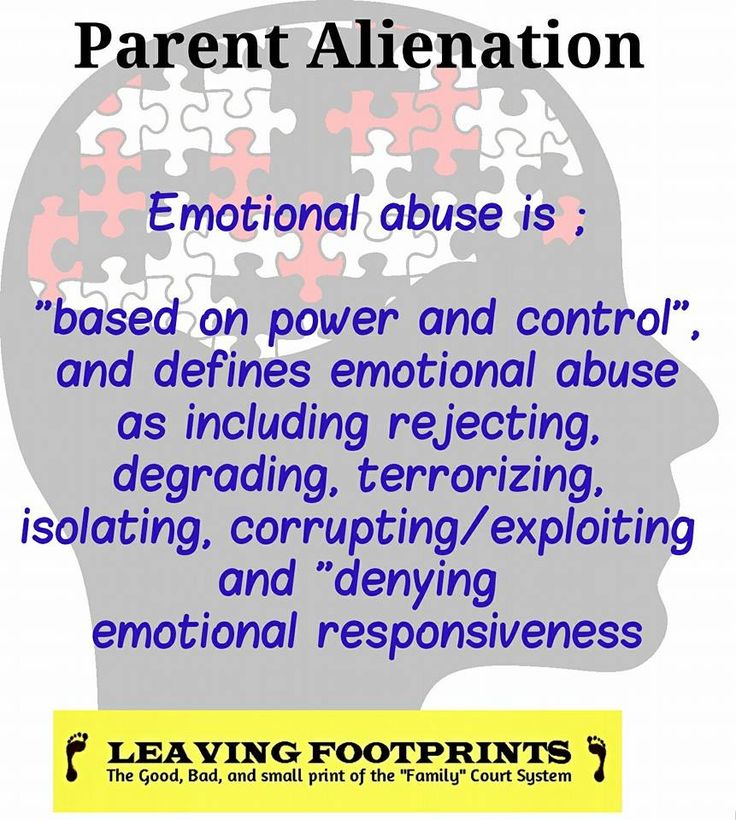
Acknowledgments
First of all, I would like to express my deep gratitude to my family, Sarah and Lucy, for their tireless support during the work on the book, when I endlessly asked questions, spouted nonsense, ranted and cried. You listened to me and treated me with love, and when it became impossible to listen, at least pretended.
Special thanks to survivors of narcissistic abuse for trusting me with their stories. Your experience is very important and has always been important.
Sherine Wolfe, you have been an incredible help to a depressed girl you barely knew. You have steadfastly pursued your ideals, and this redheaded mamzel bowed down in gratitude to you. To my agent and venerable godmother Joella Delborgo: Thank you for changing my mind. To my sister in spirit, editor Reni Sedliar, with whom I finally had the last word on this story, you are the best. And thanks to all the other members of the Da Capo Lifelong publishing team.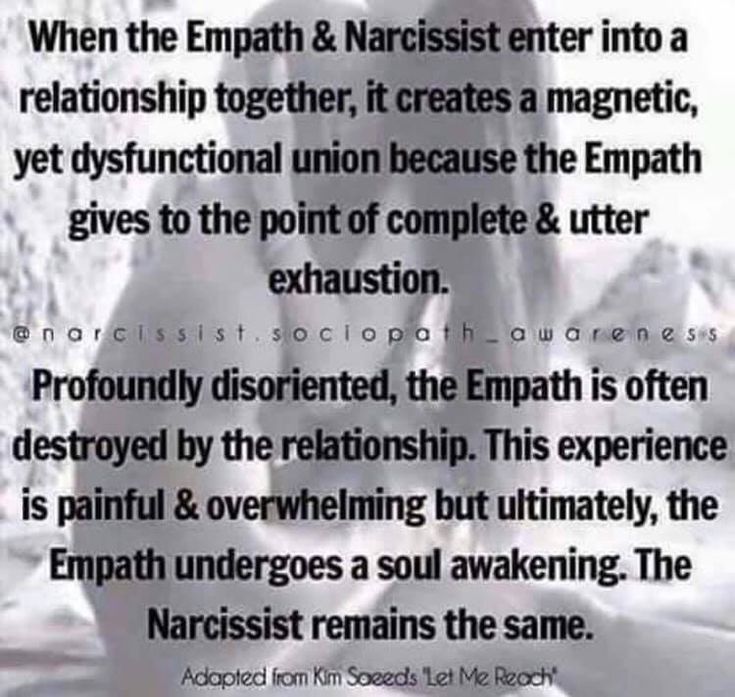
Many thanks to Elinor Greenberg, Margalis Fjellstad, Caryl McBide, Regina Collins, Fiona Steele, Julie Tenenberg, Sharon Weltfreud, Barbara Mills and Melissa McRitchie.
To my comrade-in-arms Aleta McSeland: Your heart cannot be grasped. To my colleague Colleen Byrum: You are the epitome of the power of nature.
My sincere thanks go to my friend Don Huddleston.
Endless gratitude to Lucia Vratsin, healer and friend.
Thanks to Barry Hillman, Principal of West Sound Academy, whose generosity helped get my family's ship through rough waters. And also to my sisters Adrienne Fuson and Erika Fuson: you are my coveted consolation prize, my rebirth from the ashes!
Boring Foreword
Julie L. Hall is a journalist and consultant who works with victims of narcissistic abuse. Hall knows firsthand the consequences of being bullied by narcissists. Based on personal experience, she was able to understand the patterns that appear in narcissistic families.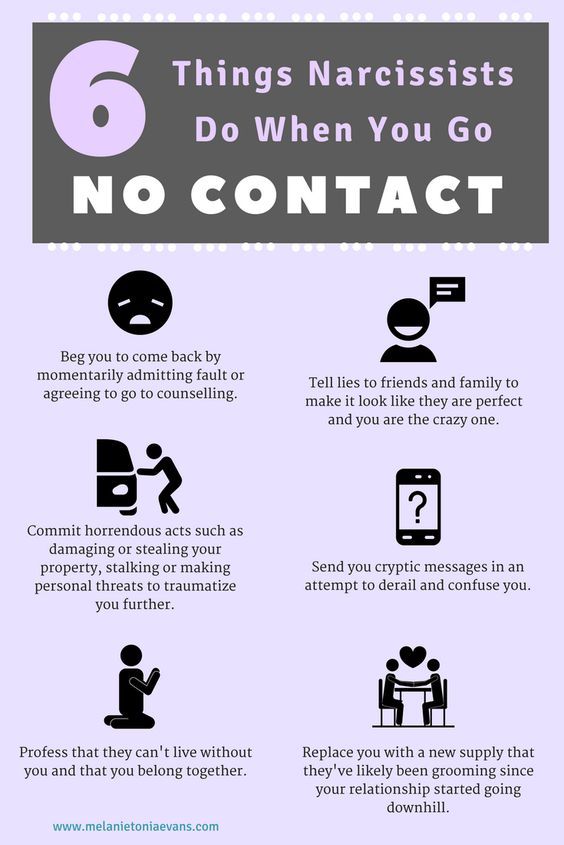
In his book, Hall describes how a family can be affected by the narcissism of one of its members - a parent, spouse or child. She describes the different types of narcissistic behavior and how each leads to boundary violations, misrepresentation, perceptual distortions, attacks on the self-concept, a confused understanding of reality, and even serious health problems.
Hall illustrates techniques by which narcissists get what they want from others without taking any responsibility for their behavior. These are isolation, distortion of reality, control over other people's thoughts, gaslighting and even terror. In addition, she examines the typical reactions of family members to the narcissist's manipulations and the long-term consequences that these patterns lead to in the areas of health, emotional well-being, and even life-changing decisions. Here is a real treasure trove of knowledge. Lists and examples of narcissistic behavior and its impact on family members, the principles of family rules and roles, and stories from the lives of victims help to better understand the extent of narcissistic exploitation and manipulation.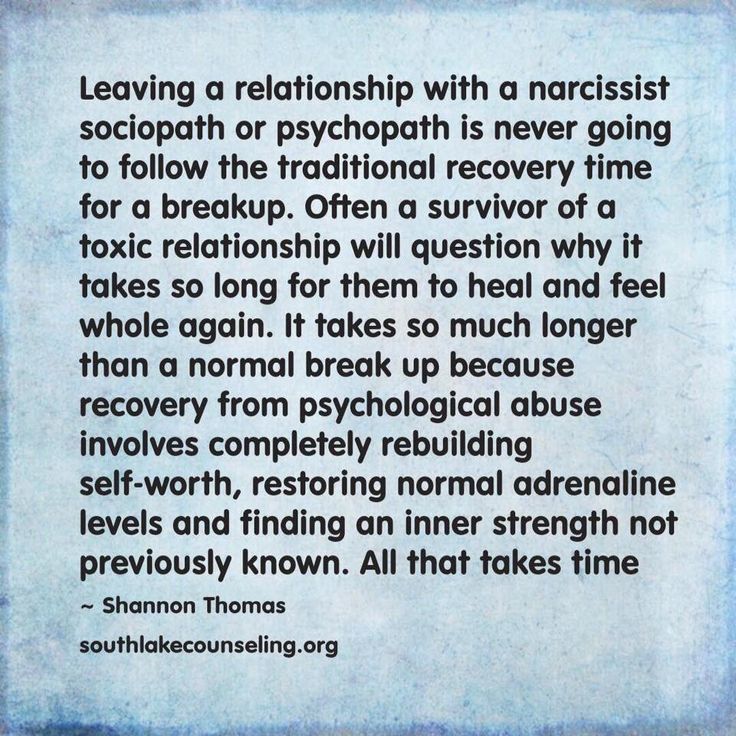 And the strategies offered to family members are practical and based on the principles of empathy for them.
And the strategies offered to family members are practical and based on the principles of empathy for them.
As author of Stop Caretaking the Borderline or Narcissist and Raising Resilient Children with a Borderline Or Narcissistic Parent) , I understand the true value of this information. Hall offers a very realistic view of the NRL and the position of victims of narcissistic abuse, who must always be on the lookout. It will give you hope and help you figure out how to heal yourself and your children.
If you grew up with a narcissist or a self-obsessed parent...
If you married a charismatic but powerful and demanding person... sees nothing good in you…
If you are desperate to understand how your loved one can be so petty, arrogant, picky, cruel and selfish when you show care, sensitivity and kindness…
…this book is for you.
Margalis Fjelstad, PhD, family and marriage specialist, psychotherapist, educator, international expert
Author of Stop Caretaking the Borderline or Narcissist
Fort Collins, Colorado 4 Introduction
Welcome! As someone who has dealt with a narcissistic parent, partner, or someone else important to you, you must have been through a lot before you got here.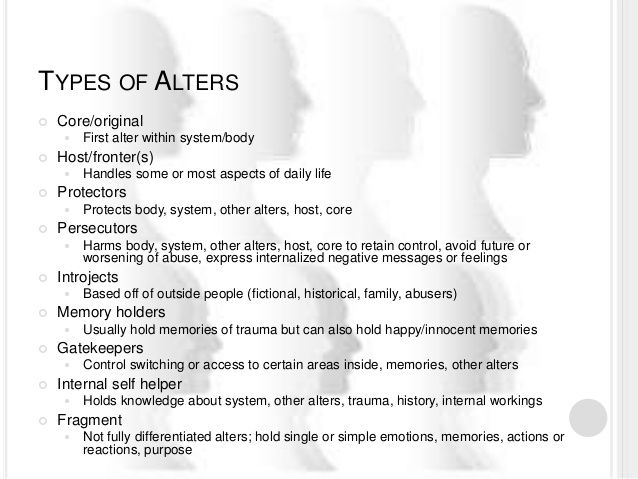 This is not a club to join, but hope and wisdom can be found here. This book will not heal your wounds or solve all your problems. But, if you're ready, it will help you understand exactly what you're going through, sort through your feelings, and move toward healing.
This is not a club to join, but hope and wisdom can be found here. This book will not heal your wounds or solve all your problems. But, if you're ready, it will help you understand exactly what you're going through, sort through your feelings, and move toward healing.
Thanks to the Internet and social networks, today it is incredibly fast to share your own and collective experience. We talk a lot and about a lot, but lately more and more often - about narcissism. It seems that the discussion of this topic burst into the public "agenda" like a tsunami. It is estimated that 6.2% of the total population of the planet [1] suffer from narcissistic personality disorder (NPD) and even more have developed narcissistic character traits. This state of mind concerns most of us, whether we have encountered it in the family or outside it. However, despite the notoriety, narcissism is difficult to recognize and understand, which doesn't stop narcissists from hurting those around them.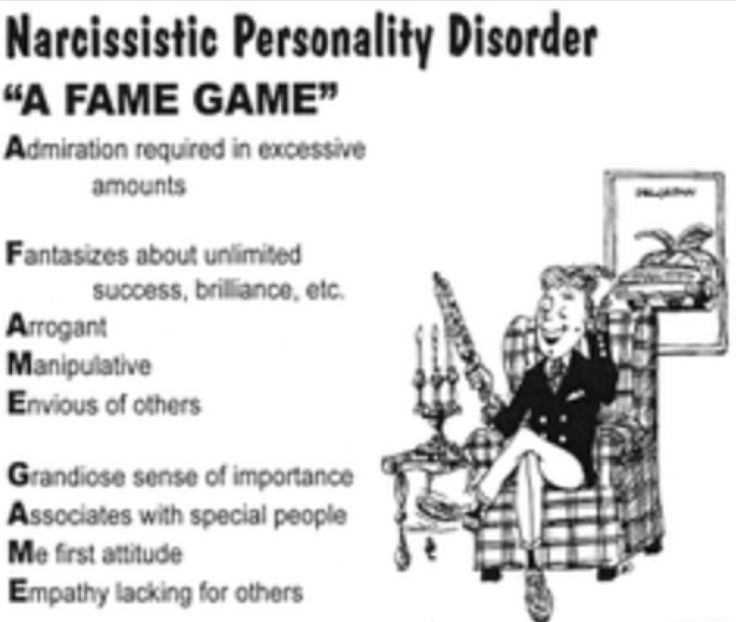
A defining characteristic of narcissistic personality disorder is a tendency to use and abuse, which can be hidden from prying eyes. Narcissistic violence is present in many social institutions, but it stems from families in which narcissists rule. For members of such families (children, spouses, and so on), narcissism is an endless test, the cause and source of psychological trauma. Often, narcissistic abuse is passed down from generation to generation.
People who have not personally experienced violence of this kind cannot imagine it and usually downplay it or ignore it altogether. The fact is that the narcissist operates outside the framework of generally accepted morality. He desperately lacks empathy, and with his grandiose conceit, he masks a deep shame - both from others and from himself. Even many practicing psychotherapists fail to comprehend narcissism and its destructive effects.
Victims of narcissistic abuse may feel like this is happening only to them, but in fact, these kinds of traumas received in different relationships and families have a striking similarity.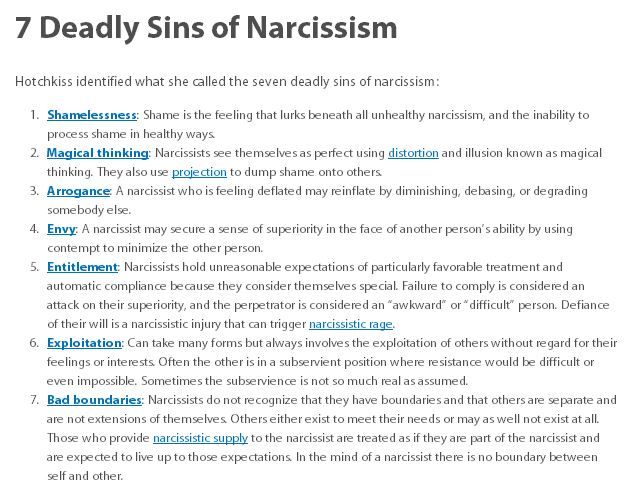 This is due to the fact that narcissists exhibit regular patterns of thought and behavior that are similar in terms of excessive demands and manipulation. The salvation for survivors of this can be the understanding that they are not alone: all the victims are part of one big unhappy family to some extent, and by realizing this, you will be able to better assess the situation and see the path to healing.
This is due to the fact that narcissists exhibit regular patterns of thought and behavior that are similar in terms of excessive demands and manipulation. The salvation for survivors of this can be the understanding that they are not alone: all the victims are part of one big unhappy family to some extent, and by realizing this, you will be able to better assess the situation and see the path to healing.
In youth, we all go through narcissistic phases of development, and in adulthood, narcissistic traits help us survive and defend ourselves in a huge harsh world. The narcissism I explore is not "healthy" narcissism, nor is it just ordinary egocentrism. I am looking at narcissistic personality disorder, a pathological and destructive mental defect, and its traumatic impact on those who have been abused by a narcissist.
The purpose of this book is to offer a plan of action for victims who are looking for answers and ways to cope. Here you will find detailed information about the disorder, including its causes and characteristic features. We will analyze narcissistic behavior in relationships and examine the roles that are offered in a family with one or more narcissists. We will identify patterns of narcissistic abuse and neglect and their traumatic impact, and look at numerous real-life examples that I have learned from survivors and from interviews with clinical professionals. Along the way, we'll look at strategies to help you and your loved ones heal and overcome trauma.
We will analyze narcissistic behavior in relationships and examine the roles that are offered in a family with one or more narcissists. We will identify patterns of narcissistic abuse and neglect and their traumatic impact, and look at numerous real-life examples that I have learned from survivors and from interviews with clinical professionals. Along the way, we'll look at strategies to help you and your loved ones heal and overcome trauma.
I am not going to demonize narcissists in this book. Their disorder causes them suffering, and often they themselves become victims of violence. It is only natural to sympathize with the pain that pushes them to such a massive pretense and such a strong need to protect themselves. However, narcissists do terrible harm with little to no remorse. Narcissists cause others, particularly family members, to live in anxiety and confusion all the time, and also use them without considering the emotional, psychological and physical damage they cause.
This book is for people who have been hurt by daffodils; for victims, whatever their social class, skin color, beliefs, sexual orientation and gender. If you have (or have had) a narcissistic parent, partner, or relative in your life, or if there are such people in your loved one's environment, this book is for you. If you have a suspicion that someone important to you is a narcissist and you are trying to figure out how to check it and what to do about it, this book is for you. If you are a scapegoat, a golden child, or an unwilling indulgent (we will return to these terms later), this book is for you. Let it bring into your life the light of insight, support and help you realize your own value. You deserve this - and much more.
My story
In all my years as an educational writer, journalist, and poet, I never planned to write about narcissism. But when I started working on my memoirs, I couldn't help but pay close attention to my own experience: my childhood was spent in a narcissistic family, and this caused a lingering emotional and psychological trauma.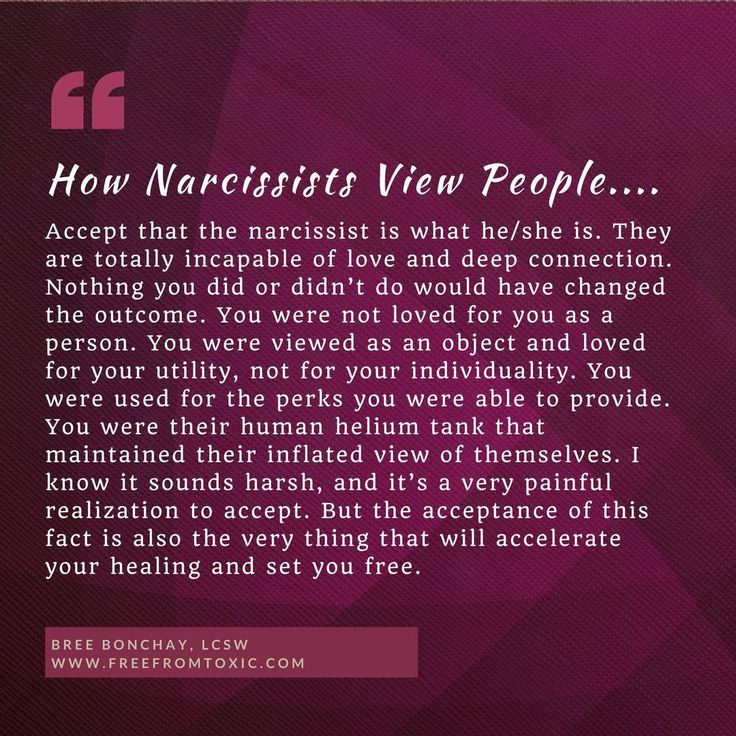 I started writing articles and found a blog about narcissism, The Narcissist Family Files (narcissistfamilyfiles.com). By that time, I had already learned a lot about narcissism, trying to heal from my past. I read a lot, studied, reflected, underwent psychotherapy and talked with people who understood the essence of the problem. But after taking this issue seriously as a journalist, I realized that I still have a lot to learn and that I really want to help other people heal narcissistic injuries.
I started writing articles and found a blog about narcissism, The Narcissist Family Files (narcissistfamilyfiles.com). By that time, I had already learned a lot about narcissism, trying to heal from my past. I read a lot, studied, reflected, underwent psychotherapy and talked with people who understood the essence of the problem. But after taking this issue seriously as a journalist, I realized that I still have a lot to learn and that I really want to help other people heal narcissistic injuries.
This book is based on my personal experience, as well as research, interviews with clinicians and victims, consultations and written sources on narcissism, in particular the narcissistic family, where pathological narcissism is born and transmitted from generation to generation. I know firsthand how deep, complex, and intractable the trauma inflicted by a narcissist is. I felt trapped and sometimes broken, and I endured many more dark days than I deserved. But I also learned a lot about resilience, empathy, the power of hope, and healing. The slightest ray of light pierces the darkness - and dispels it.
The slightest ray of light pierces the darkness - and dispels it.
How to read this book
The book consists of six parts. You can read it sequentially, from beginning to end, or choose the most relevant fragment for you. I've put together a detailed table of contents so you can immediately decide what to read first, such as roles in a narcissistic family, co-parenting with a narcissistic ex-spouse, or what to expect from an aging narcissistic parent. You may find it helpful to start with the terms defined in the glossary, especially if you plan to skim through the book. Or you can start over and move from chapter to chapter. In each part, you will find stories of victims whose names and personal details have been changed to preserve anonymity.
Whichever way you choose to read, I hope you will read the book in its entirety. You will most likely find that topics that at first glance have nothing to do with you actually concern you. For example, adult children of narcissists who are not in a relationship with a narcissist will still gain valuable information in Part 4 - Narcissists' Partners: they will become aware of the roles of the indulgent parent, codependency patterns, and child roles.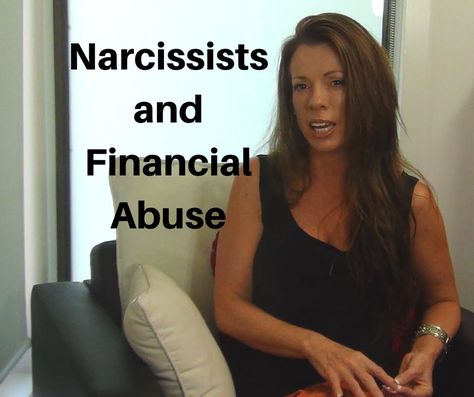 And the partners of narcissists can benefit from Part 5 - Children of Narcissists to assess past or current family dynamics and understand how to help children. And even if you're familiar with the features of Narcissistic Personality Disorder (NPD), there's a chance you'll find something new in Part 2 - Narcissistic Personality Disorder, which explains the oft-cited list of nine criteria for NPD by the American Psychiatric Association. and other aspects of the disorder are being explored.
And the partners of narcissists can benefit from Part 5 - Children of Narcissists to assess past or current family dynamics and understand how to help children. And even if you're familiar with the features of Narcissistic Personality Disorder (NPD), there's a chance you'll find something new in Part 2 - Narcissistic Personality Disorder, which explains the oft-cited list of nine criteria for NPD by the American Psychiatric Association. and other aspects of the disorder are being explored.
It is important to understand that narcissistic relationships don't just happen. Patterns almost always work that link our upbringing to our current lifestyle, how we choose partners, friends, leaders, etc. As a survivor and as a writer, I believe in the power and salvation of the explored life [2] . In this book, I want to offer an effective combination of options and strategies to the reader who is trying to make sense of his experience and help him get on the path of healing.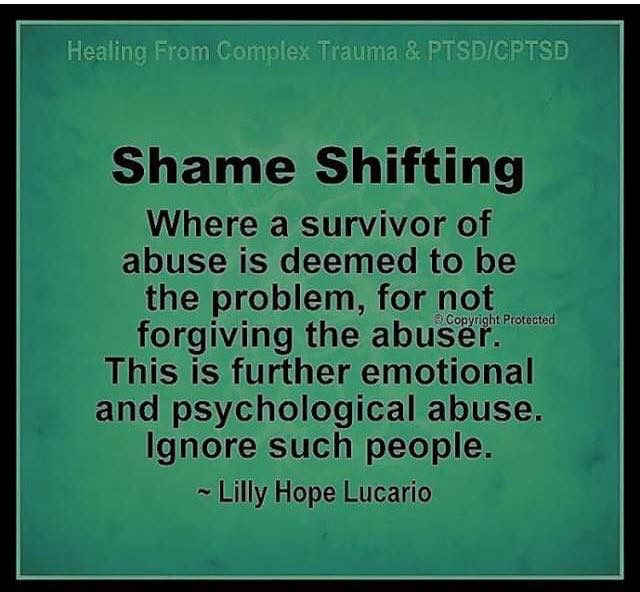
Part 1, Claiming Our Rights, looks at the context of your experience with narcissistic abuse. In this regard, I talk about human rights and the reasons why narcissists violate them. I reach out to those who come out of the first circle of defense - denial and self-blame - to confront the inhumanity of living with a narcissist. And I confirm: you really need to be able to recognize narcissistic pathology, even (especially!) when the narcissist himself does not.
Part 2, Narcissistic Personality Disorder, discusses NPD itself in great detail. I talk about the generally accepted diagnostic criteria for NPD and give different points of view on this disorder. In addition, this part examines the causes of narcissism and - in detail - the violation of empathy in narcissists and its impact on other people. Types of narcissists have been described, most notably the covert narcissist, the exhibitionist narcissist, and the malignant narcissist. I then explore the causes and mechanisms of violent manifestations of NPD, as well as its patterns in the context of violence.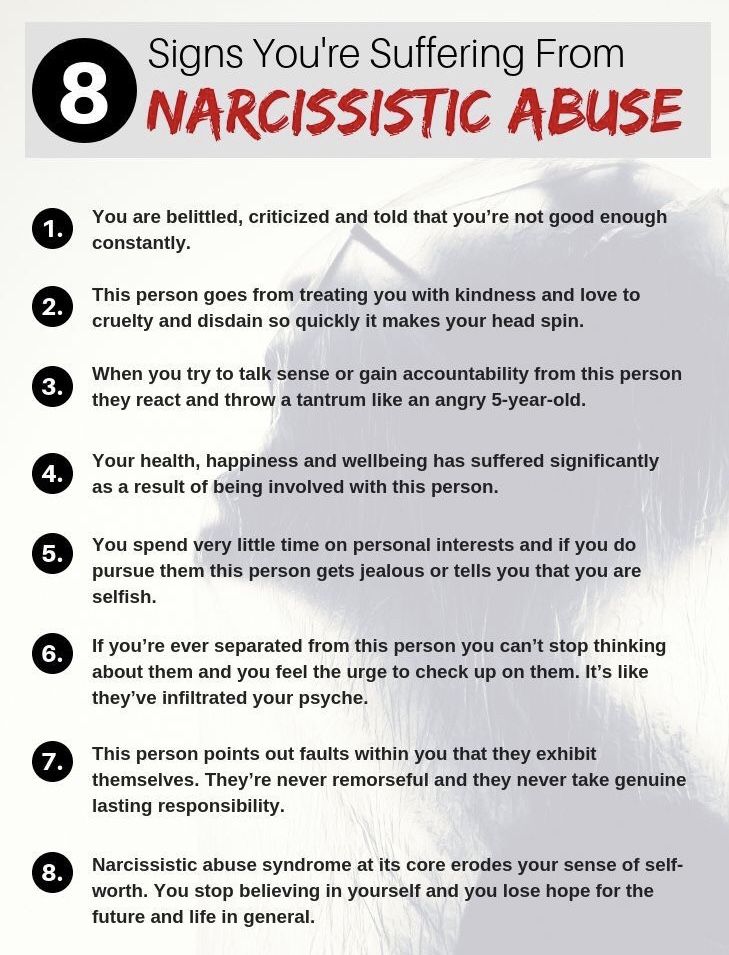 Part 2 concludes with insights into profound and understudied health outcomes for survivors. It also includes interviews with clinicians and an overview of complex post-traumatic stress disorder (CPTSD).
Part 2 concludes with insights into profound and understudied health outcomes for survivors. It also includes interviews with clinicians and an overview of complex post-traumatic stress disorder (CPTSD).
Part 3, "The Narcissistic Family", deals with another fundamental but underexplored topic, including the unspoken rules and roles of the members of such a family. We will explore the patterns that define family life, including isolation, rage, projection, blame, gaslighting, triangulation, false accusations, cognitive distortions, and tragedy. In this part, I will talk about narcissistic "love" and contempt, as well as the realities of intergenerational narcissism and ways to overcome it.
We'll talk about narcissistic partners in Part 4 of the same name, which begins with an analysis of narcissistic relationship patterns from romance to devaluation and breakup. In addition, I will tell you how to determine that your partner is a narcissist. It discusses codependency and traumatic attachment, as well as ways to overcome it, strategies for managing and exiting narcissistic relationships.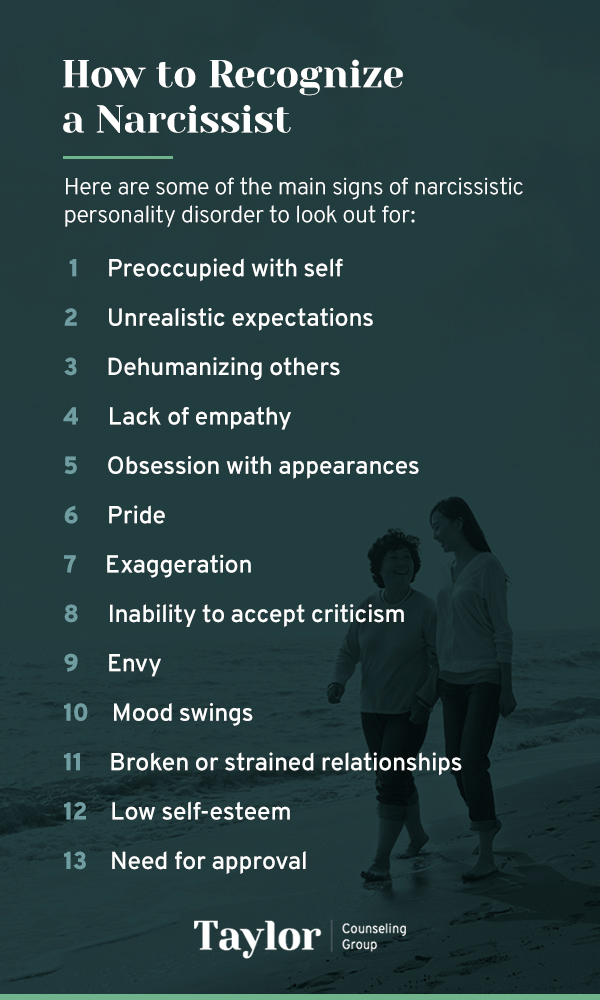 We will also look at how to raise children with a current and former narcissistic partner, in particular how to support them and help them cope with destructive family roles. At the end of this part, you will learn about Parental Rejection Syndrome.
We will also look at how to raise children with a current and former narcissistic partner, in particular how to support them and help them cope with destructive family roles. At the end of this part, you will learn about Parental Rejection Syndrome.
In Part 5, Narcissistic Children, we will take a closer look at the experiences of children from narcissistic families and begin with the narcissistic parenting style, which includes idealization and devaluation of the child, parentification, neglect, absorption of the personality, infantilization, permissiveness and overpraising. You will learn about the childhood roles of "hero", "scapegoat", "golden child", "lost child" and "talisman child", how these roles affect adult life and how to avoid their traps. I will tell you why narcissistic parents separate their children, how to properly deal with the “golden” brother or sister, and how to build relationships with them in adulthood.
Finally, in Part 6, "The End of Narcissistic Abuse", we will learn how to deal with narcissistic trauma.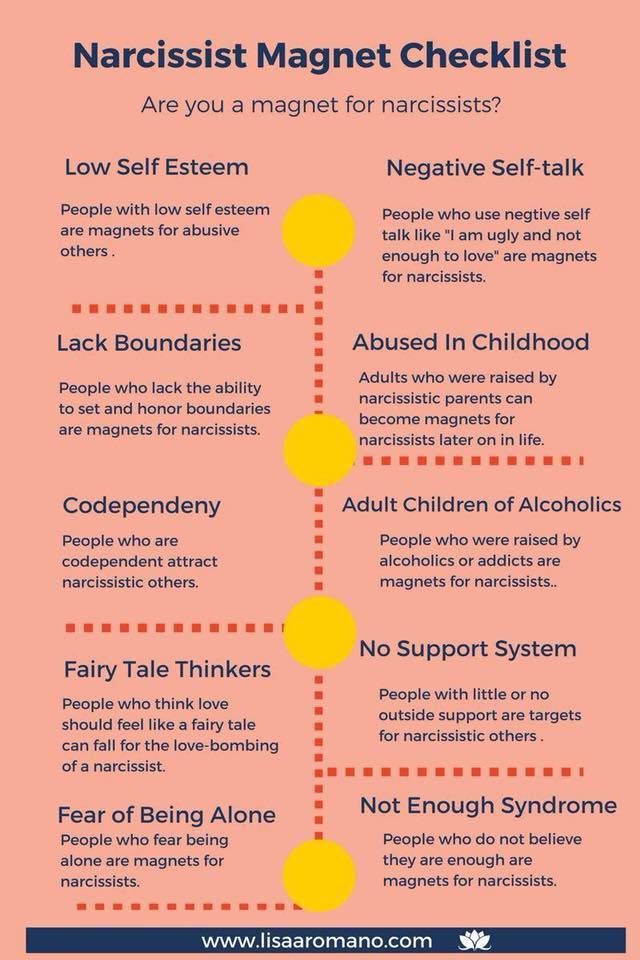 First, we will analyze the strategies for working through it: understanding grief and its forms, rethinking childhood stories, interrupting the traumatic cycle (including at the generational level), and also seeking psychotherapeutic help. We then explore ways to help protect against the influence of the narcissistic personality, such as interpreting the narcissist's "cute" behavior, setting boundaries (including cutting off contact completely), and communicating with an aging narcissistic parent. In Part 6, you will learn what healing strategies can be, how to trust your own instincts, what your future prospects are, how to map your self-esteem, how to accept your own vulnerability and internal “outcasts”. At the end of the book, I offer a look at narcissism in society, talk about the role of forgiveness, and give some advice on the path to healing.
First, we will analyze the strategies for working through it: understanding grief and its forms, rethinking childhood stories, interrupting the traumatic cycle (including at the generational level), and also seeking psychotherapeutic help. We then explore ways to help protect against the influence of the narcissistic personality, such as interpreting the narcissist's "cute" behavior, setting boundaries (including cutting off contact completely), and communicating with an aging narcissistic parent. In Part 6, you will learn what healing strategies can be, how to trust your own instincts, what your future prospects are, how to map your self-esteem, how to accept your own vulnerability and internal “outcasts”. At the end of the book, I offer a look at narcissism in society, talk about the role of forgiveness, and give some advice on the path to healing.
Be patient as you read. It is always difficult to face the painful truth about your family, relationships, and yourself, and it will take time.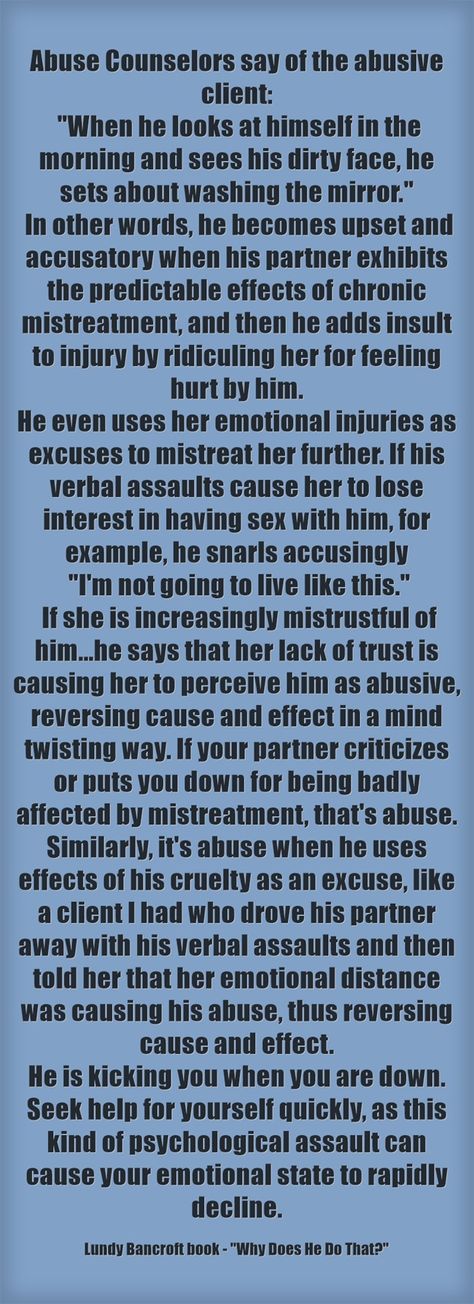 You may need to re-read some parts and save others for later. Understanding can come unevenly: something will become clear in an instant, and something will stubbornly slip away. Do not give up. You are worth it.
You may need to re-read some parts and save others for later. Understanding can come unevenly: something will become clear in an instant, and something will stubbornly slip away. Do not give up. You are worth it.
Part 1: Claiming our rights
Chapter 1: Understanding our rights
If you have a narcissist in your life, be it a relative, partner, friend, or someone important to you, it means one thing: your basic human rights are being violated. Self-esteem, integrity and basic freedoms have been repeatedly crossed out and curtailed. You feel broken, trapped, confused, angry, and your soul, and possibly your body, hurts. And it is even worse that someone very close did all this to you, someone whom you loved and who, as you thought, loved you.
Narcissists violate human rights
In 1948, the United Nations issued the Universal Declaration of Human Rights [3] which defines what it means to be human and states that we as a species should be protected by law and agree to it.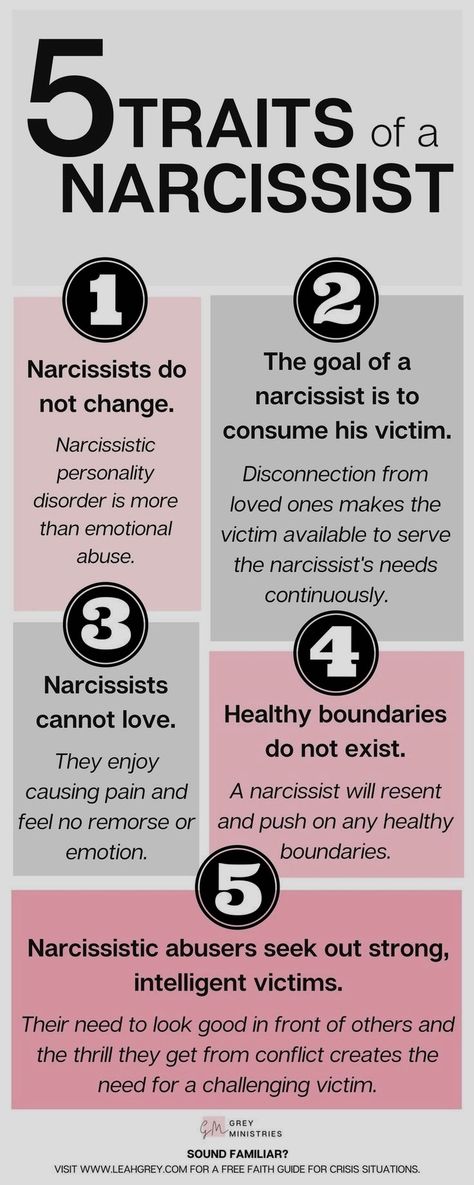
The document lists thirty universal inalienable human rights. Let's look at a few examples that are particularly relevant when talking about the narcissistic personality.
1. Equal rights and freedoms
The idea that everyone can exercise their rights and freedoms fundamentally contradicts the narcissist's personal attitudes. In contrast to the position of equality and universal immunity, narcissists believe in their own superiority and consider themselves worthy of special privileges. They see the world as a rigid (and simplified) hierarchy of winners and losers, strong and weak, worthy and unworthy - and this violates the principles of democracy [4] . If narcissists had to accept that life itself bestows equal value on everyone, their illusory superiority would burst, and with it their defense against an inner sense of their own inferiority. They may claim to be equal and even openly denounce injustice, but in real life they are real tyrants.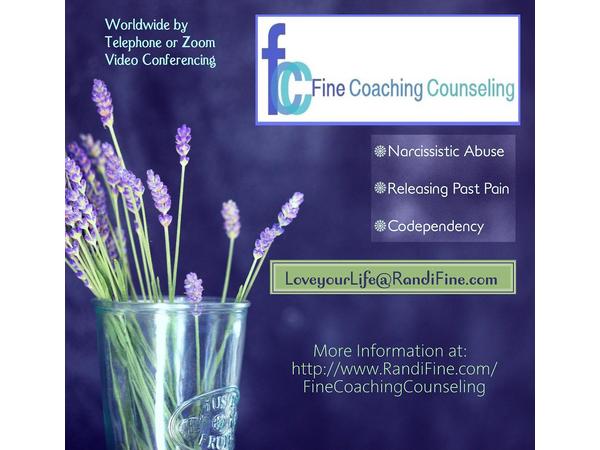
2. Equal legal protection
Narcissists see themselves above the law . As with equal rights and freedoms, the concept of equal legal protection runs counter to the narcissist's belief in his own superiority. From the narcissist's point of view, laws and social structures are only useful to the extent that they protect their access to special social positions and freedoms. As long as they get away with it, they manipulate, exploit, compromise law and justice for their own benefit, but easily use those same institutions to restrict and punish others. The best example is when narcissistic spouses or parents lie and manipulate the court in order to punish their exes or children, no matter how much harm it causes.
3. Protection from abuse or abuse
With an infantile need for emotional support, excessive pretensions, and impaired empathy, narcissists are usually violent and tend to put others down. They regard life as a zero-sum game, where there is always little power, self-esteem, respect or love, and you can win only if others lose.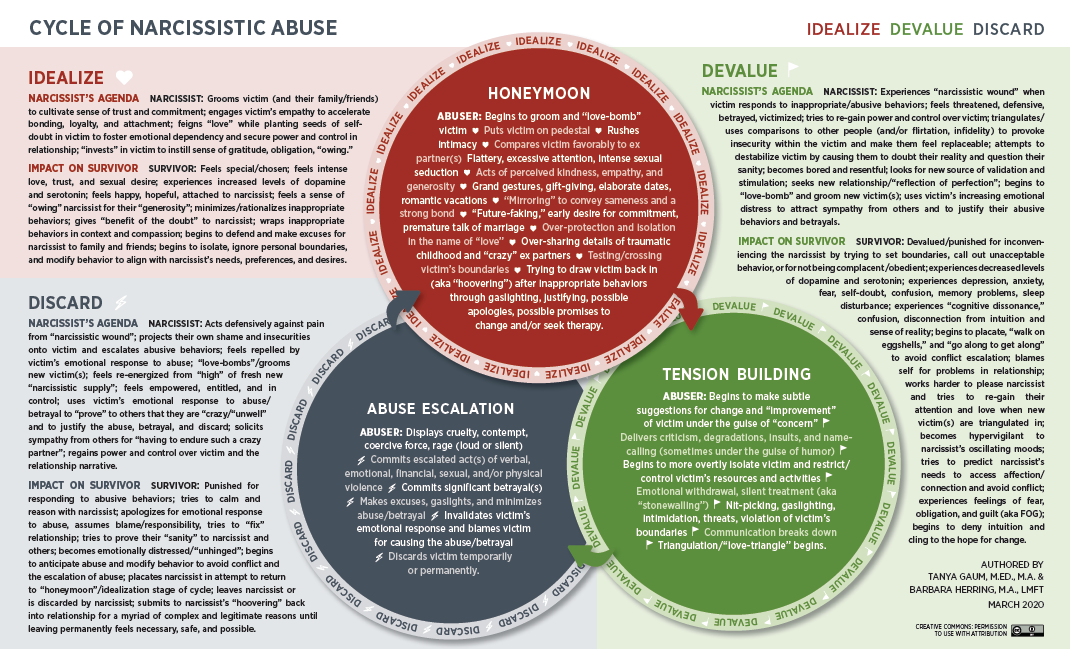 Narcissists will blame, humiliate, or use others to "win" and use violence as a confirmation of their dominance.
Narcissists will blame, humiliate, or use others to "win" and use violence as a confirmation of their dominance.
4. Privacy and protection from personal attacks on honor or reputation
Narcissists have little respect for the privacy and independence of others. They are selfish, do not attach importance to the thoughts and feelings of others, and therefore tend to treat other people more as things than as individuals. If they see fit, narcissists will trespass and try to harm you by twisting the facts, using innuendo, lies, and slander.
5. Freedom of thought
This basic right seems so inalienable that the question of its violation is not even raised. But in a relationship with a narcissist, your thoughts and beliefs can be repressed. Narcissists need to be accepted, and in order to achieve this, they interrogate you, bully you, press on you with guilt, and use a variety of other tactics. In their ideal universe, they control the thoughts of everyone around.